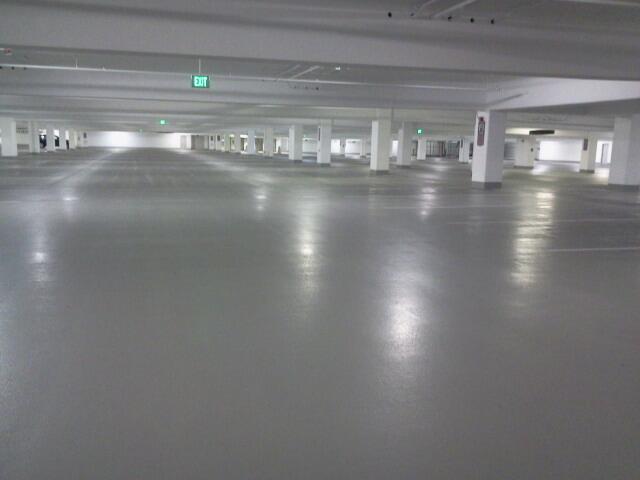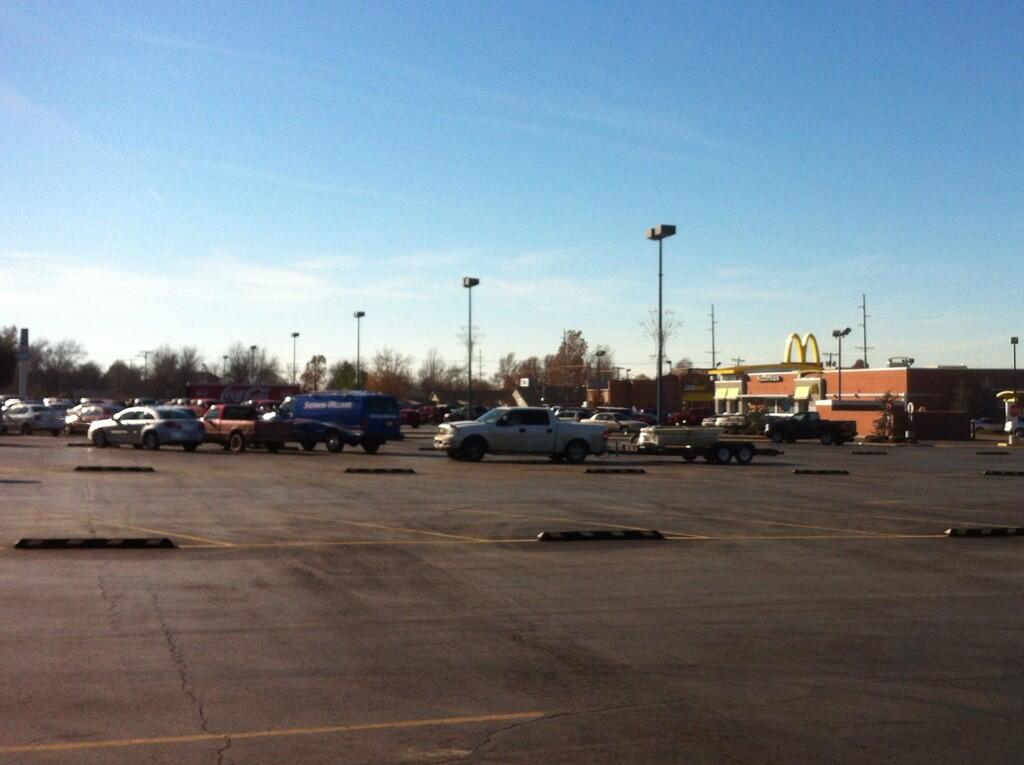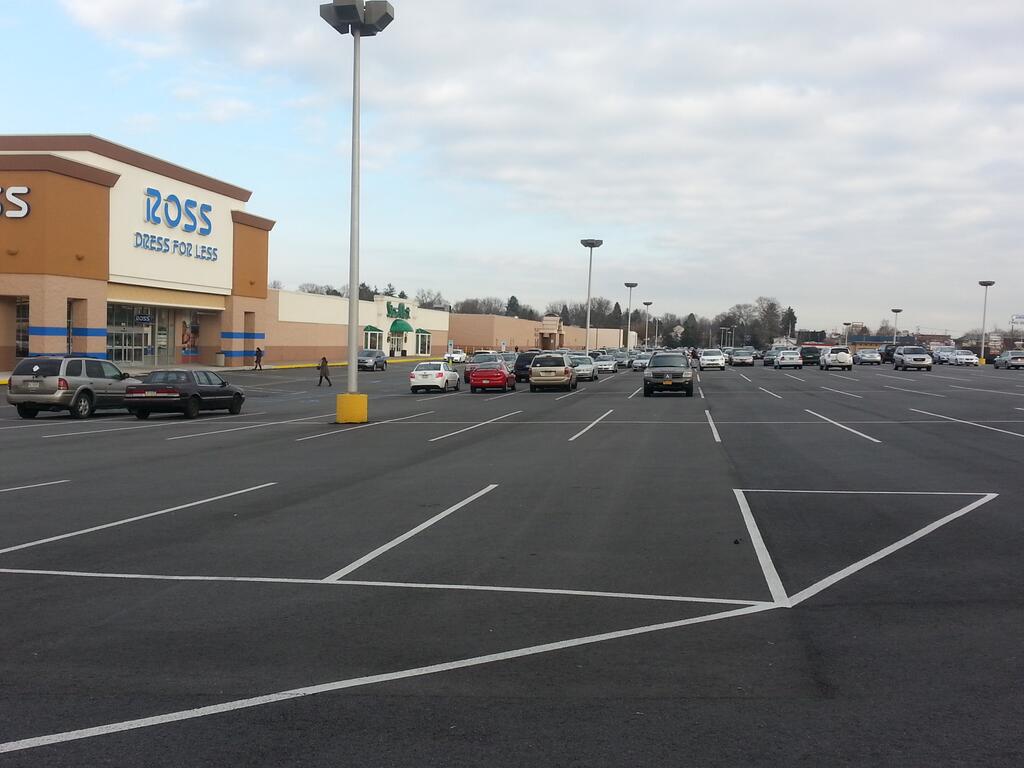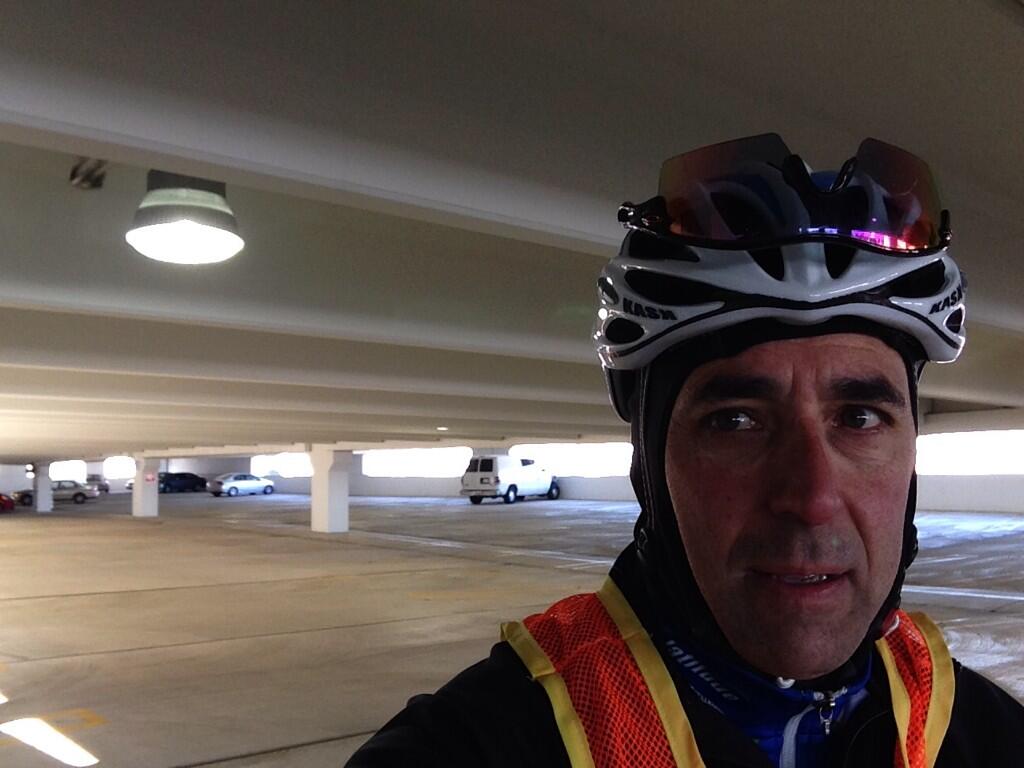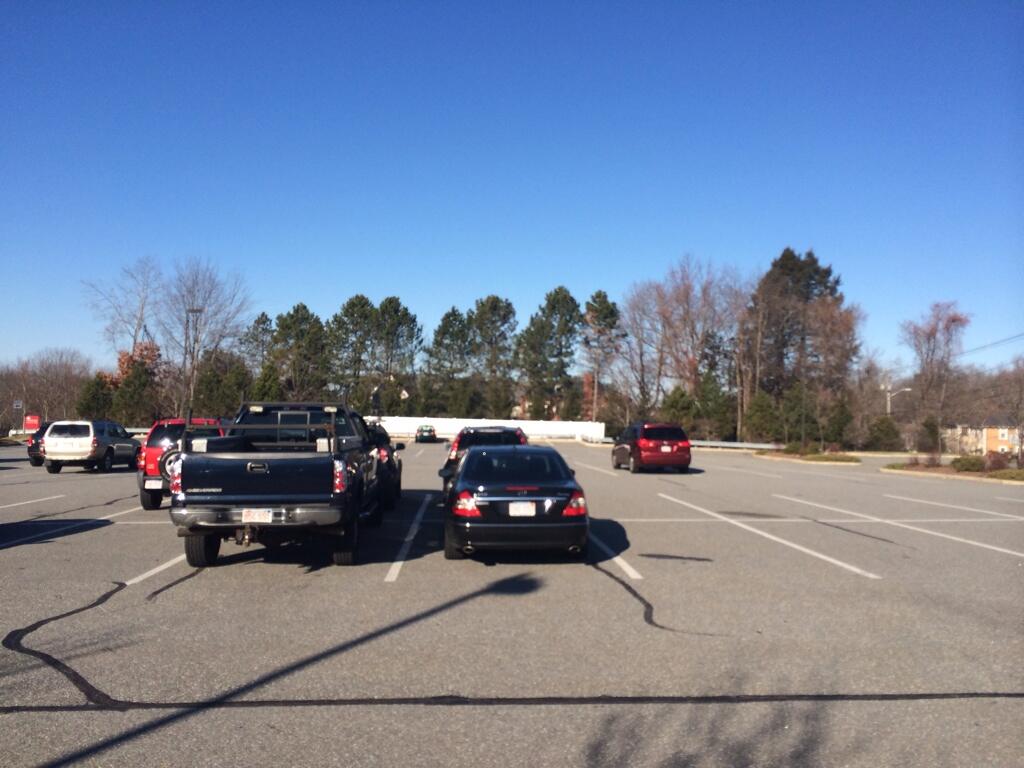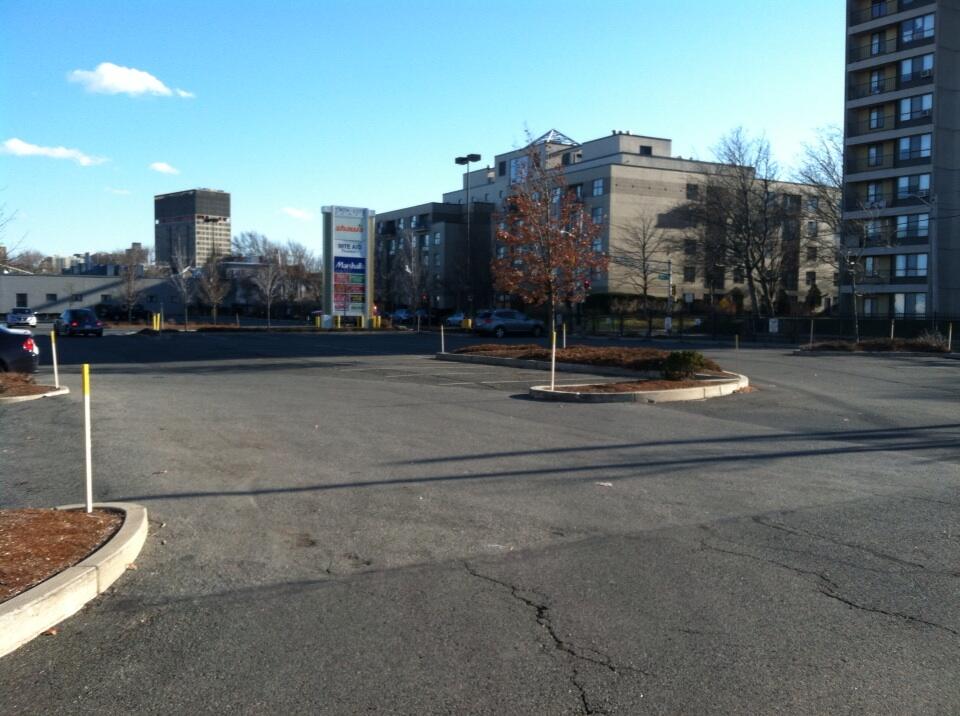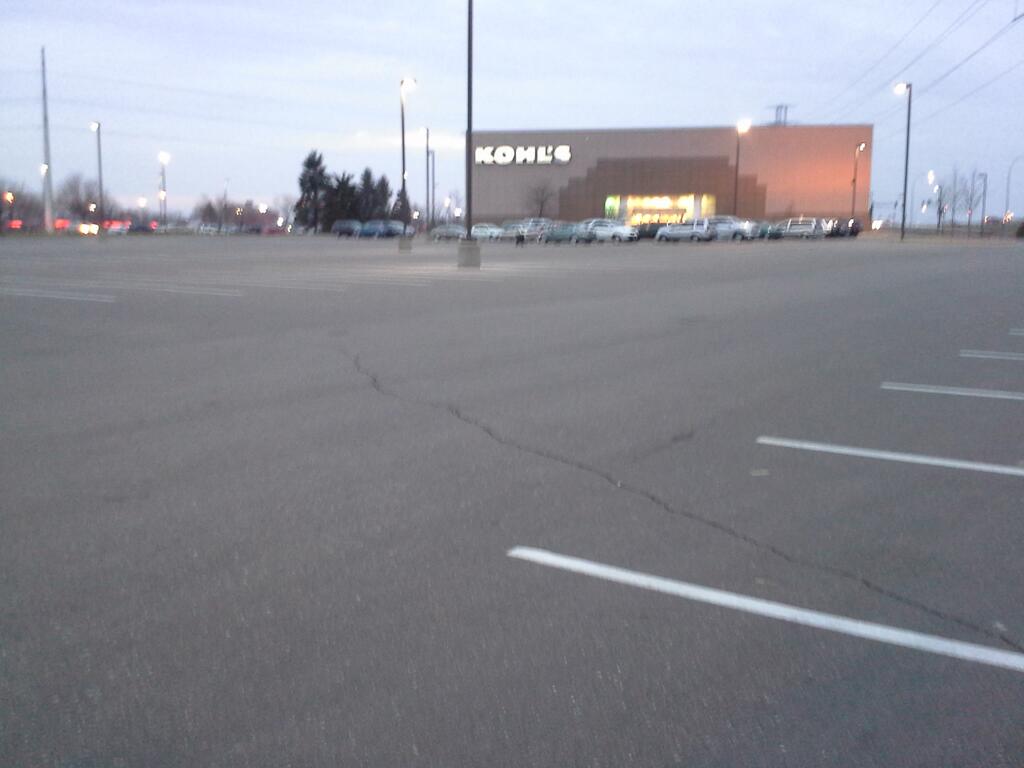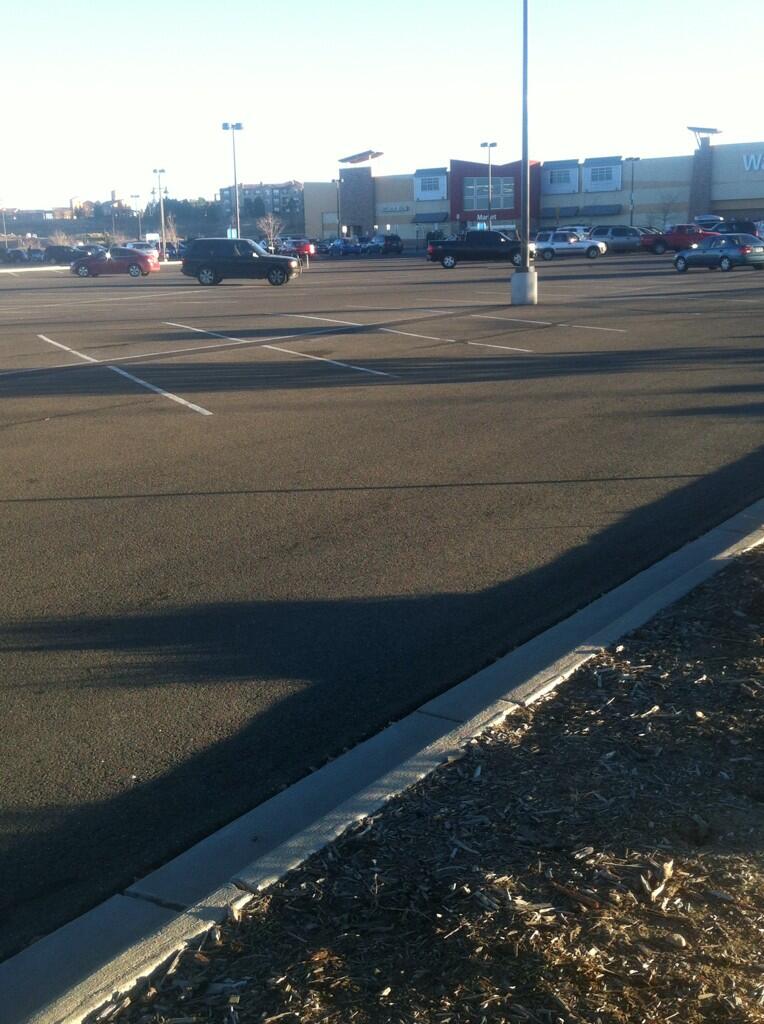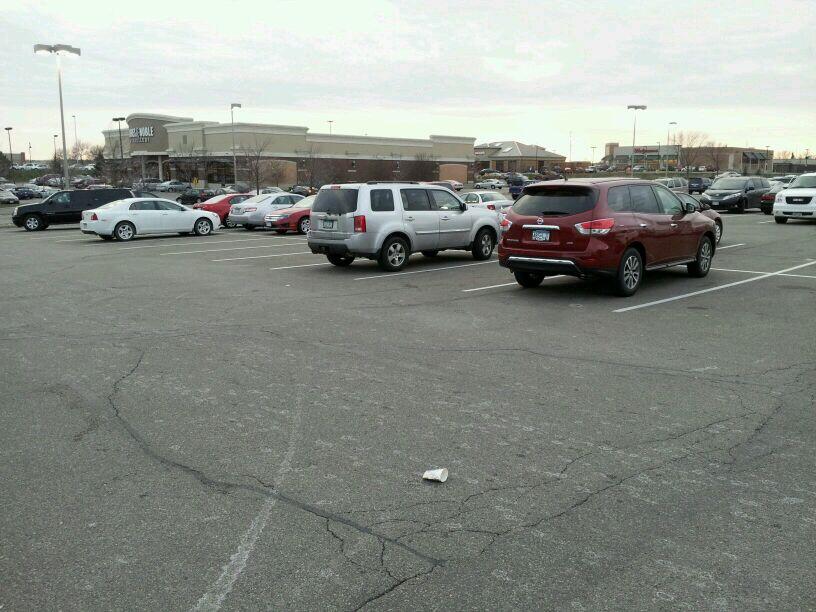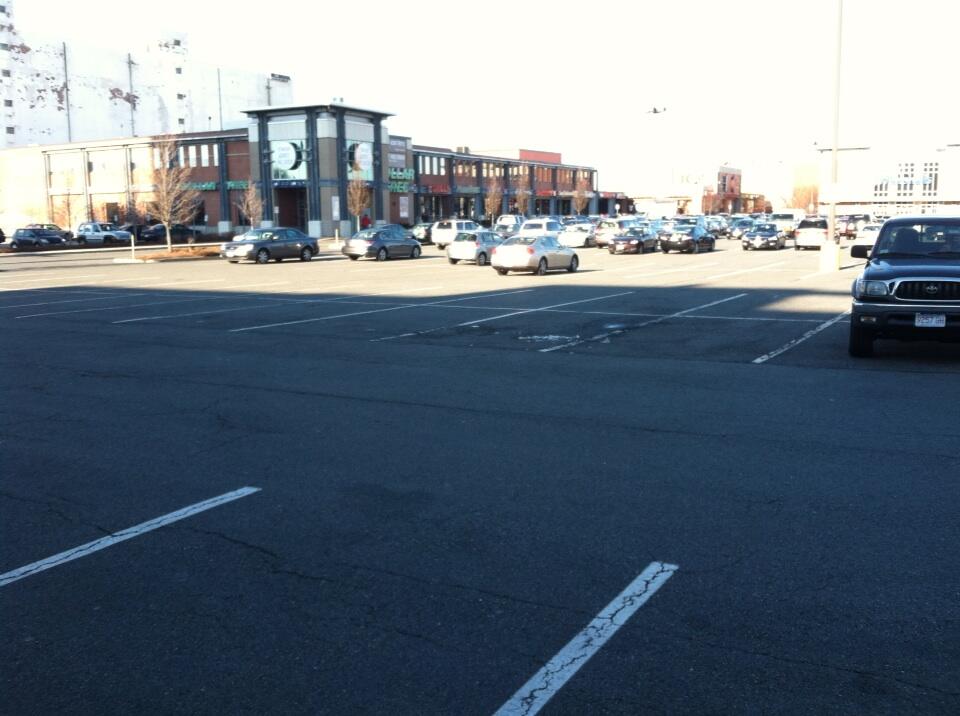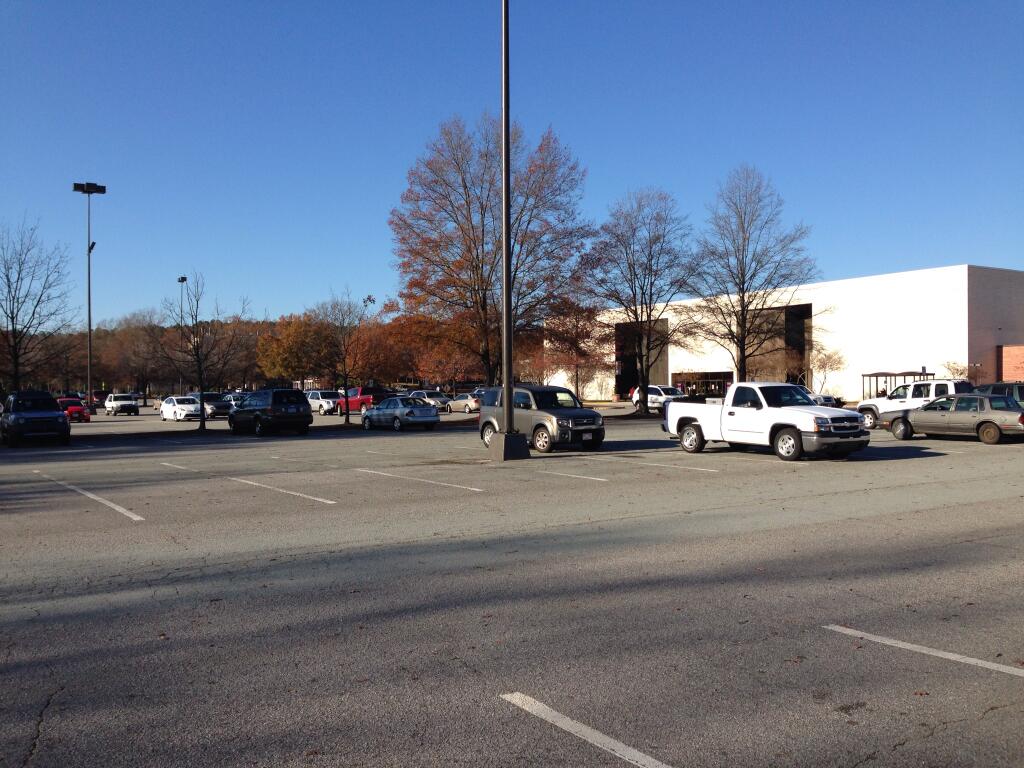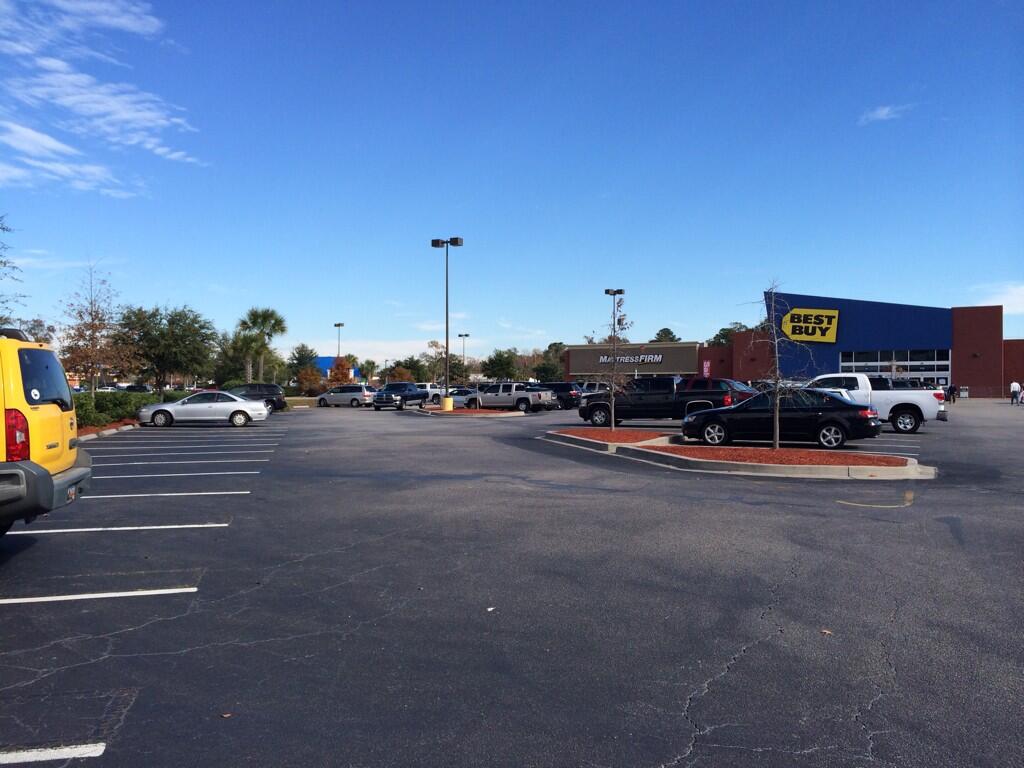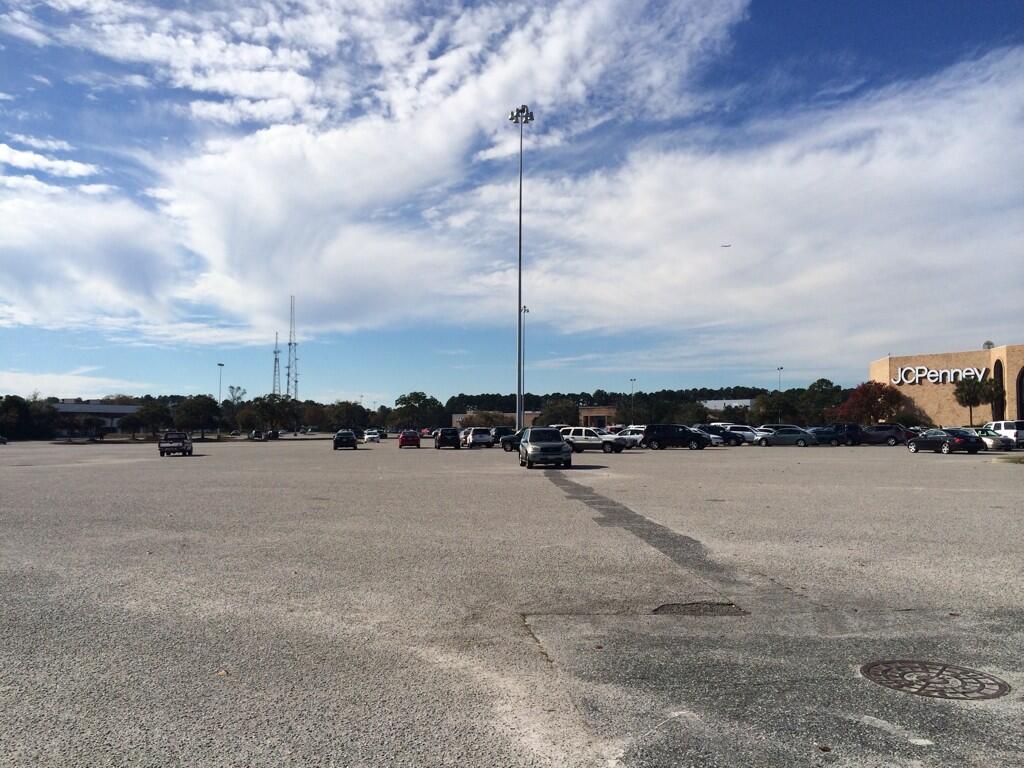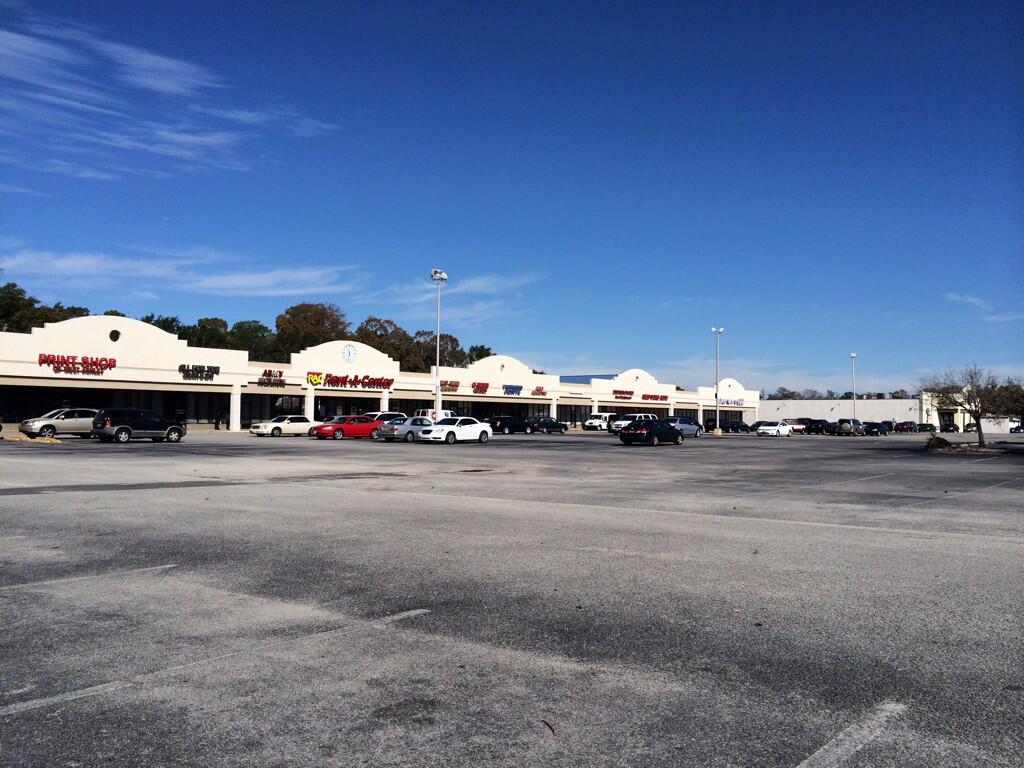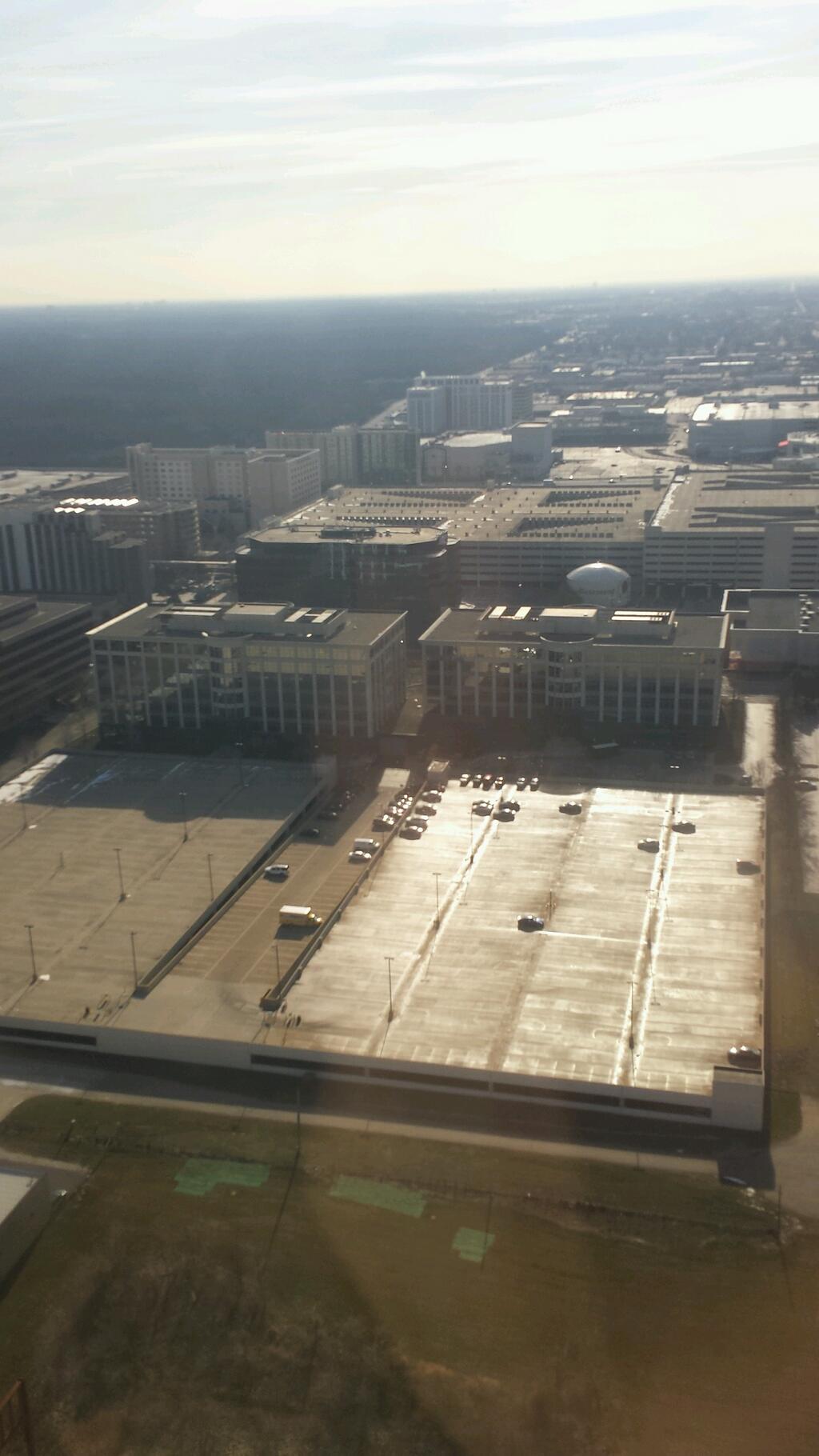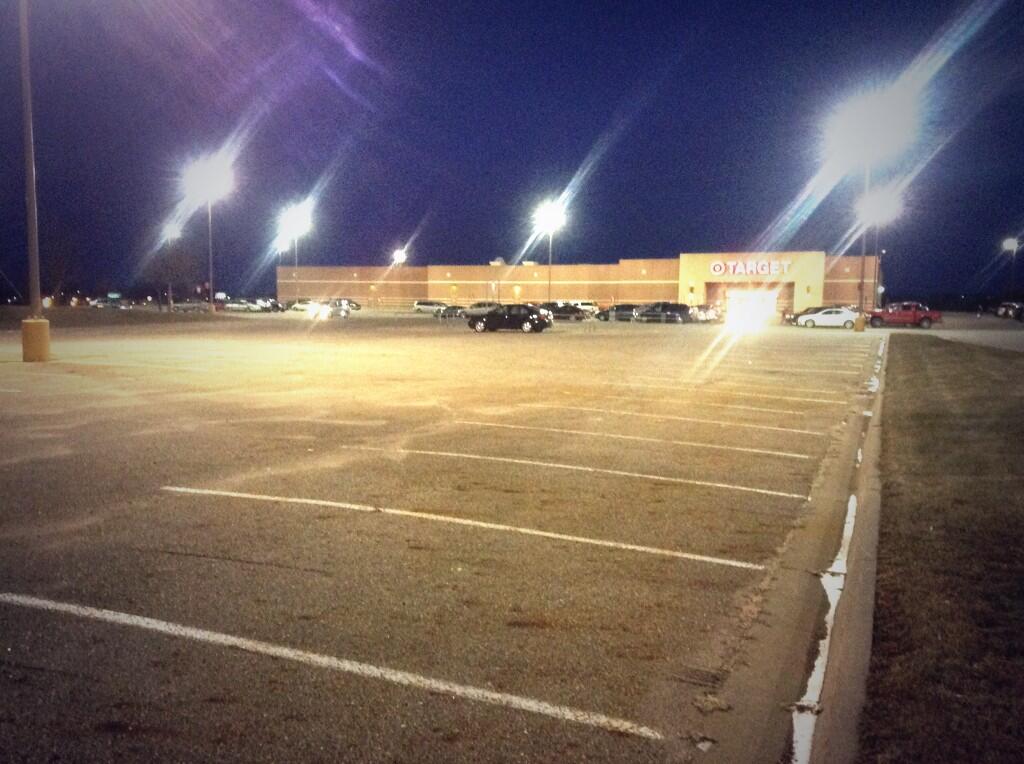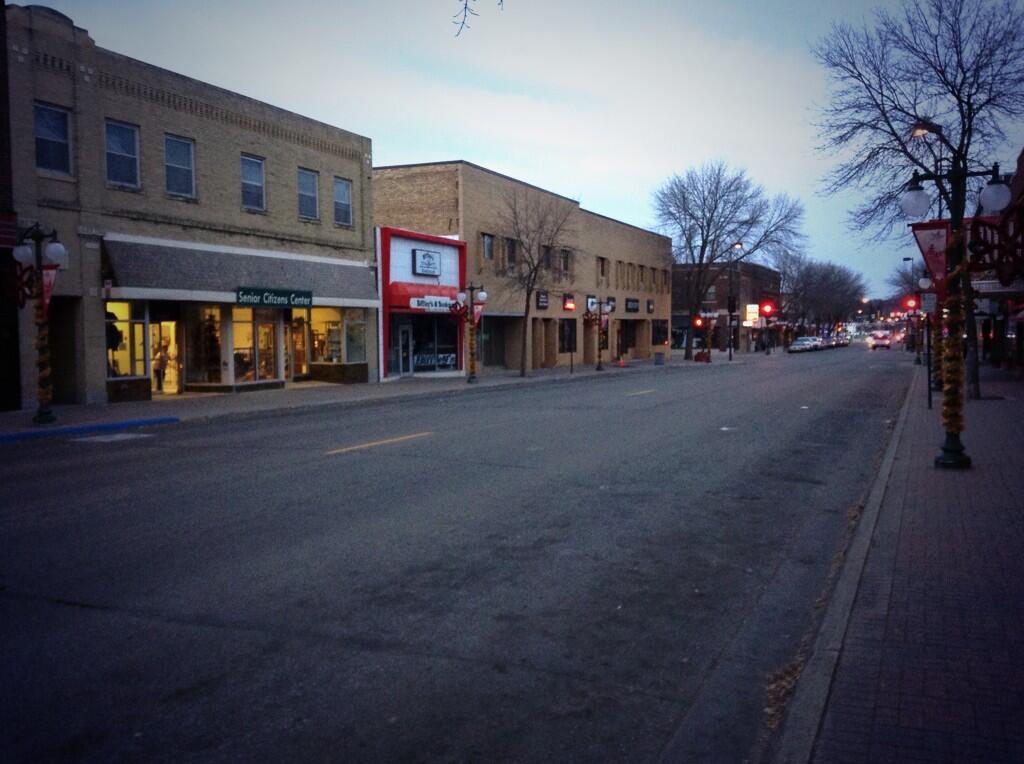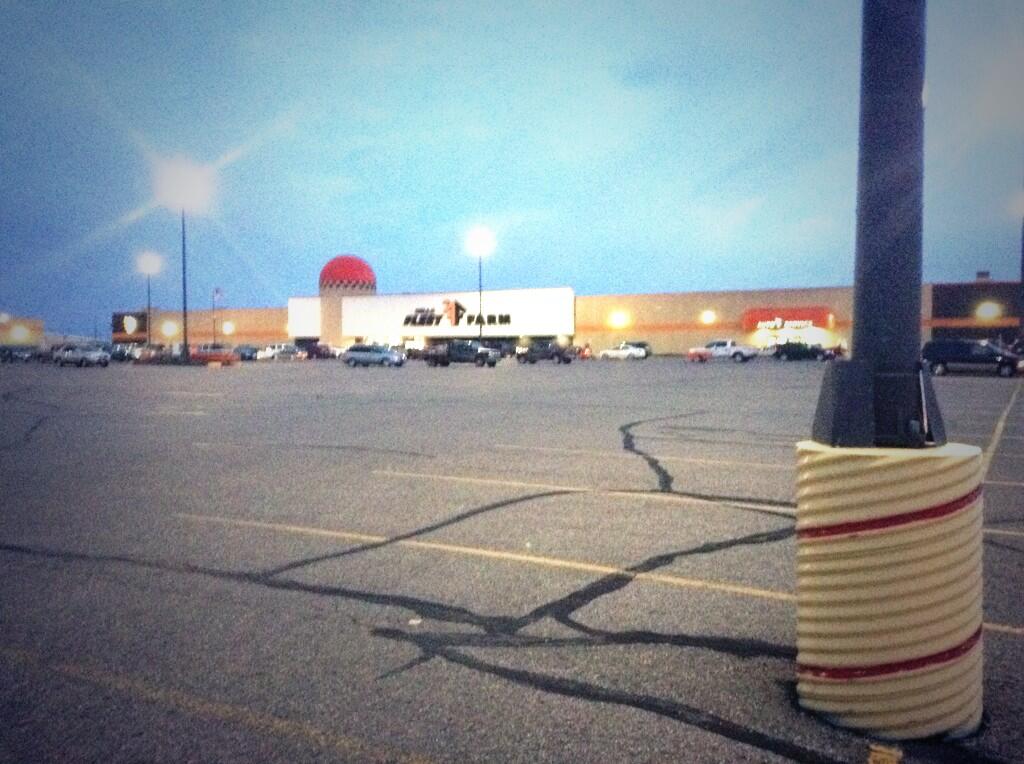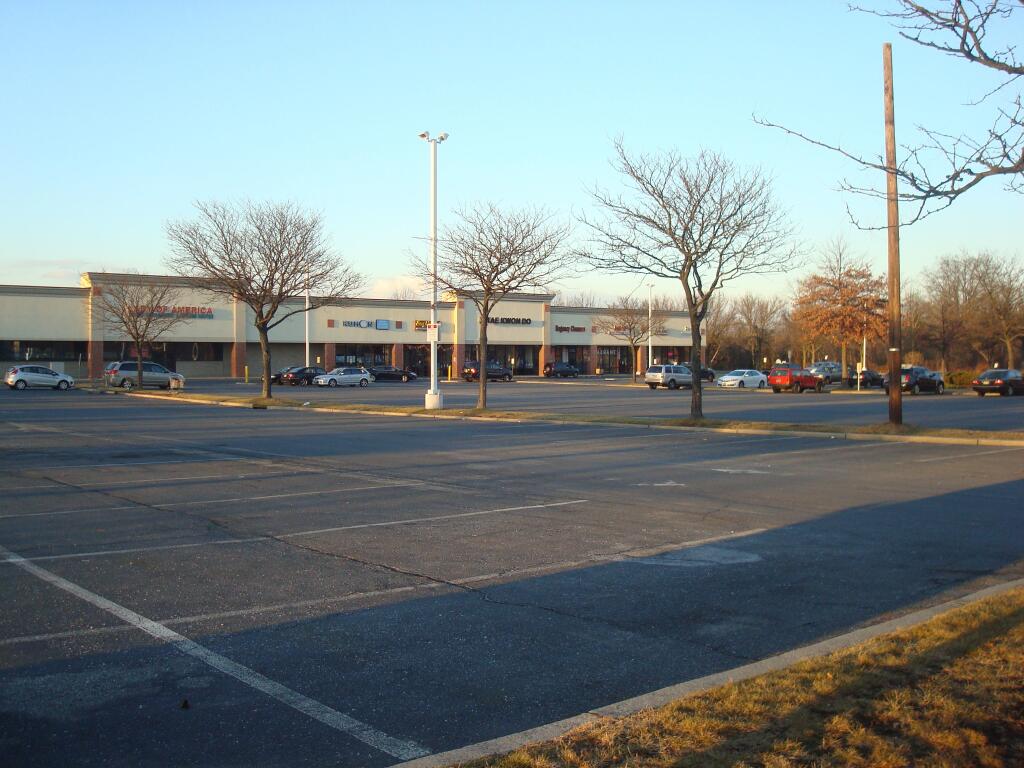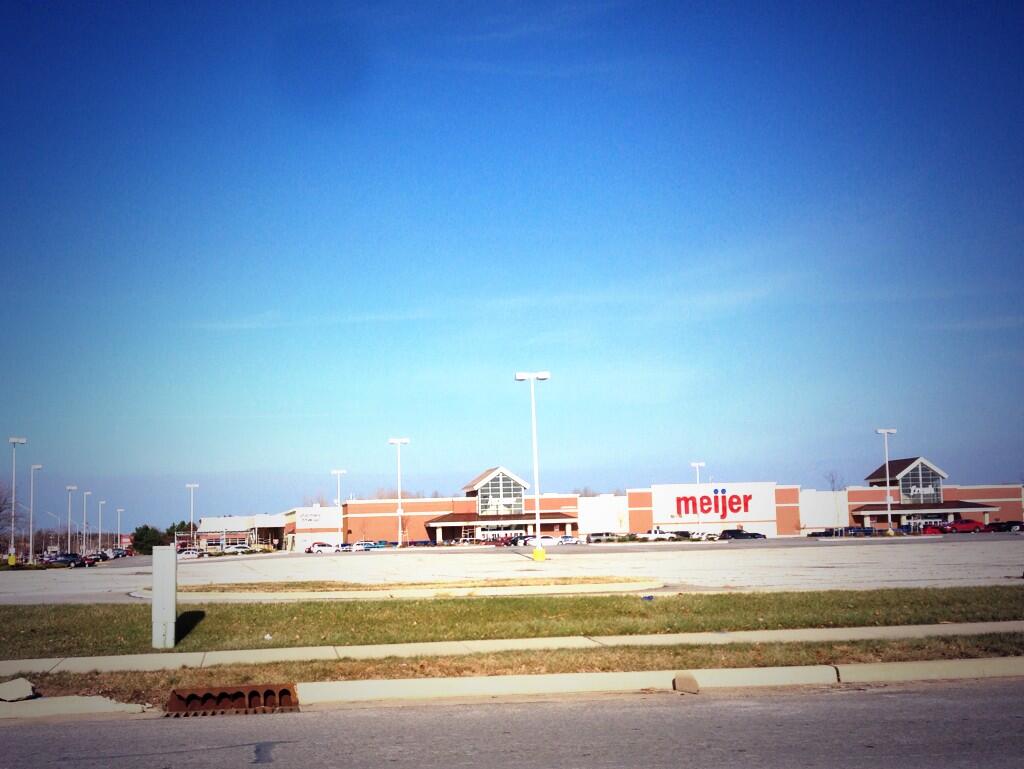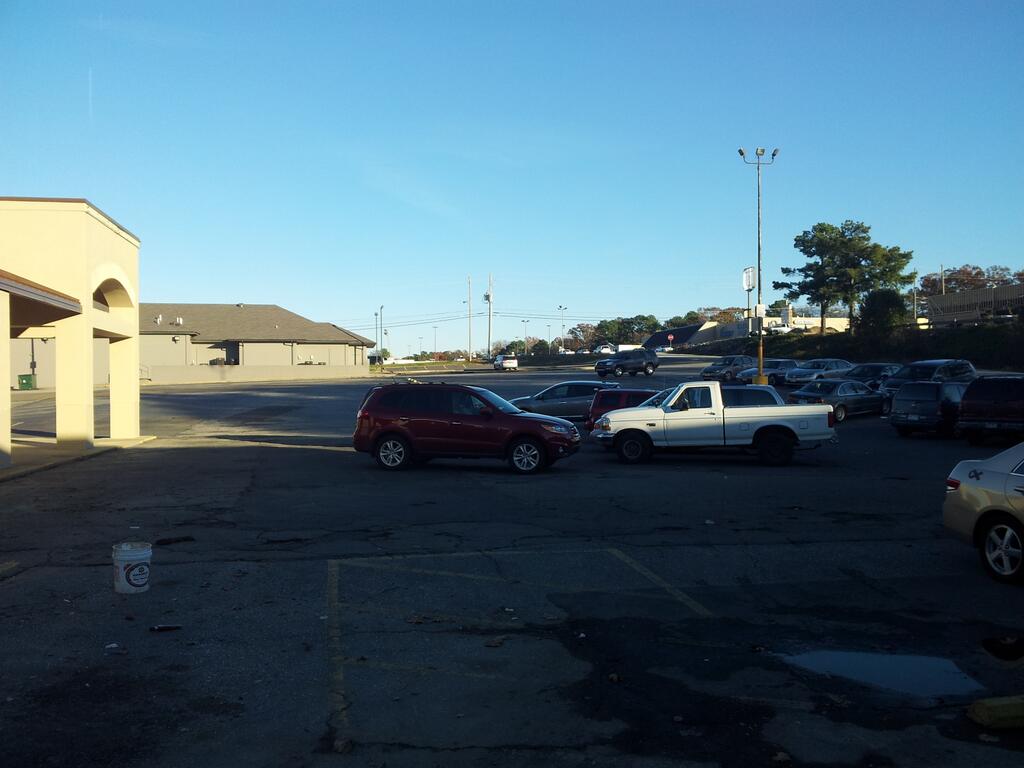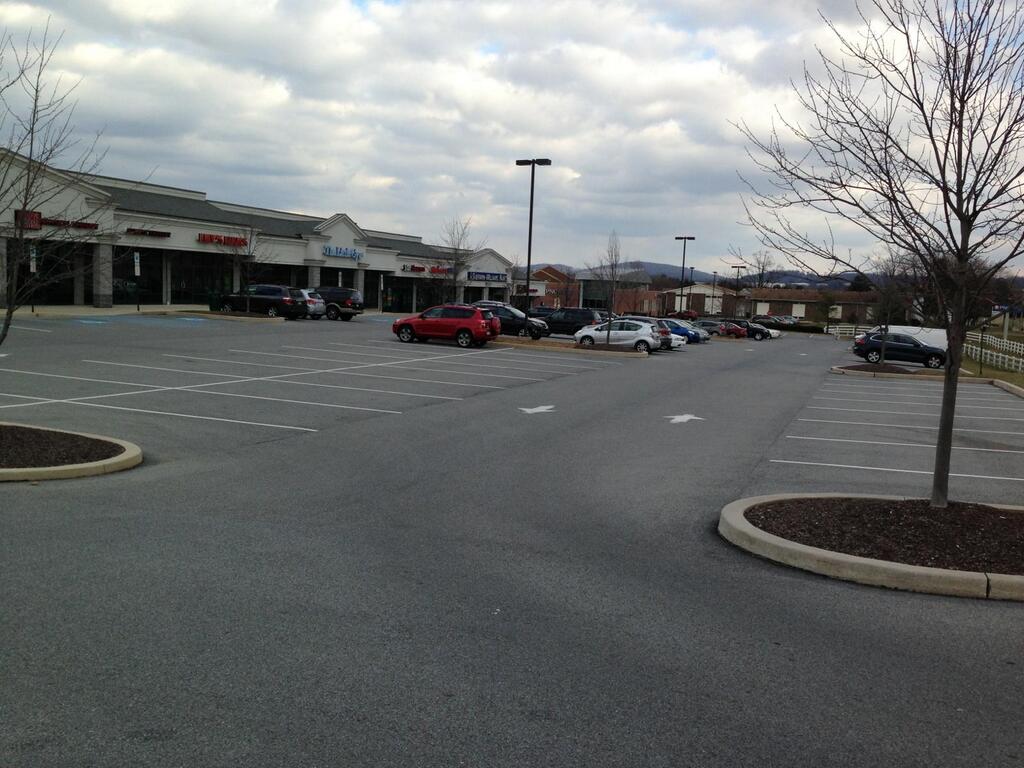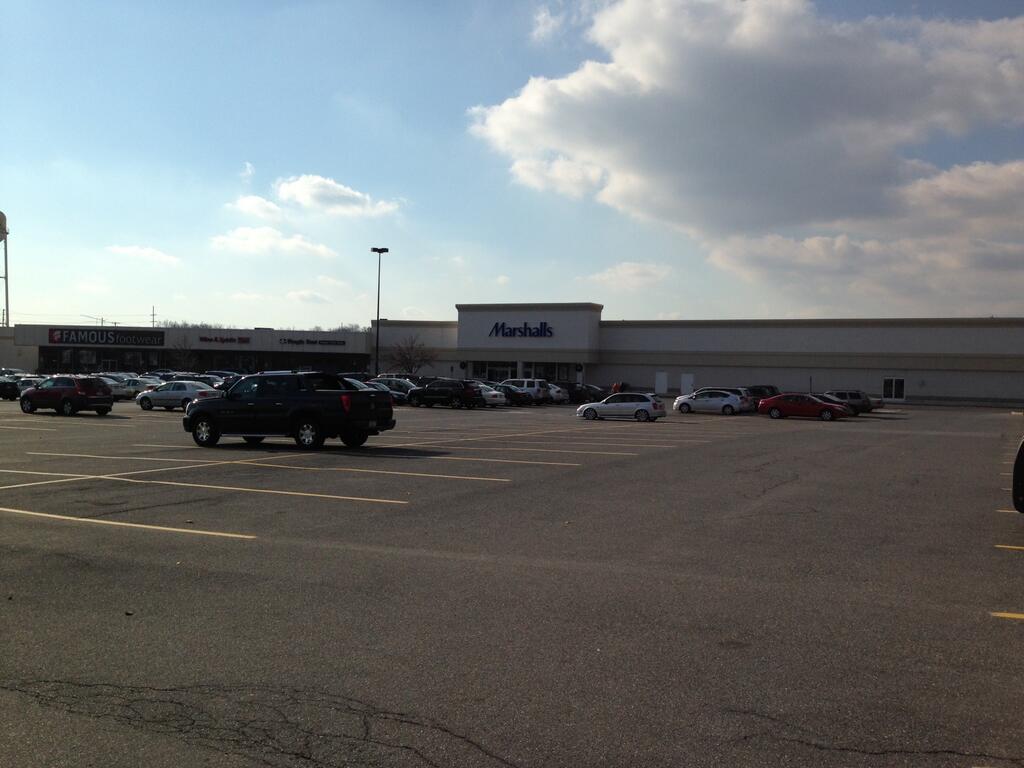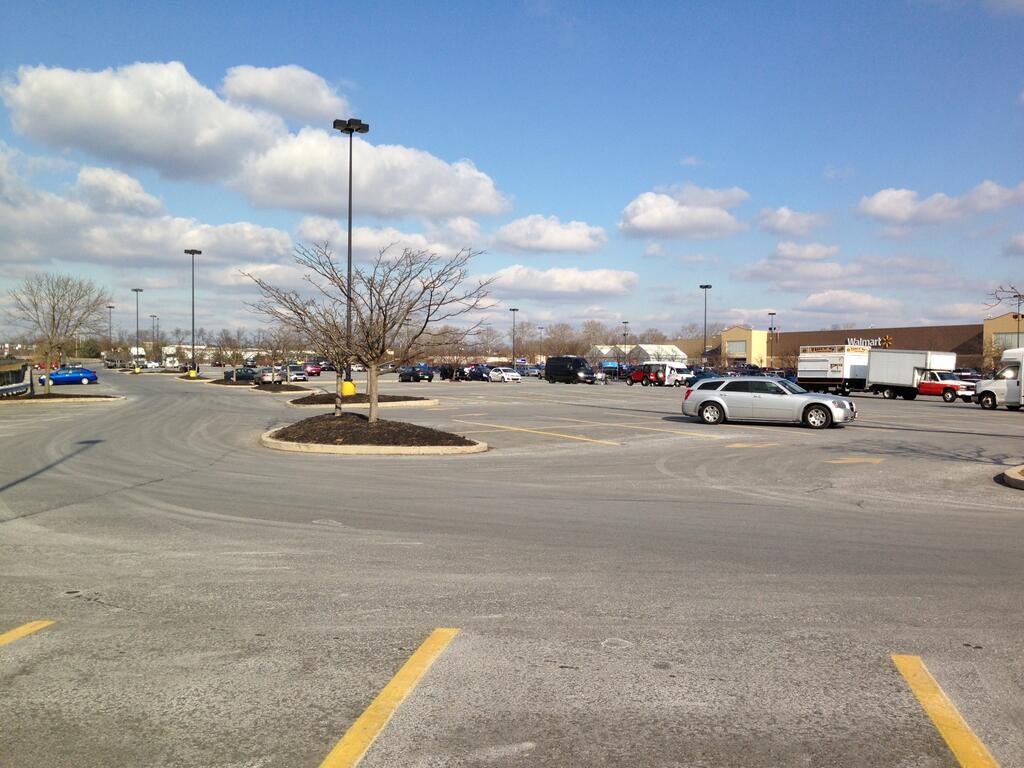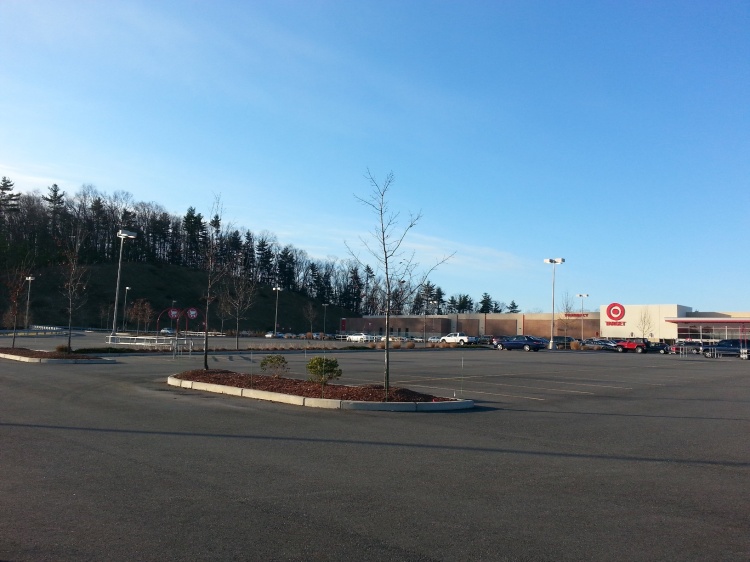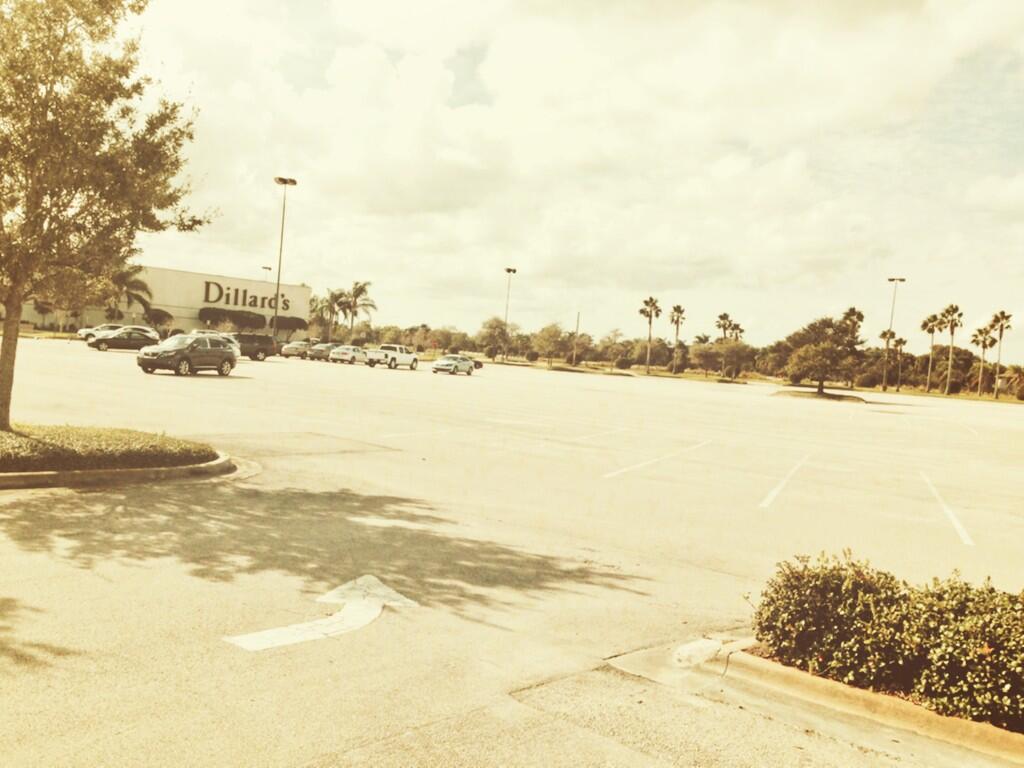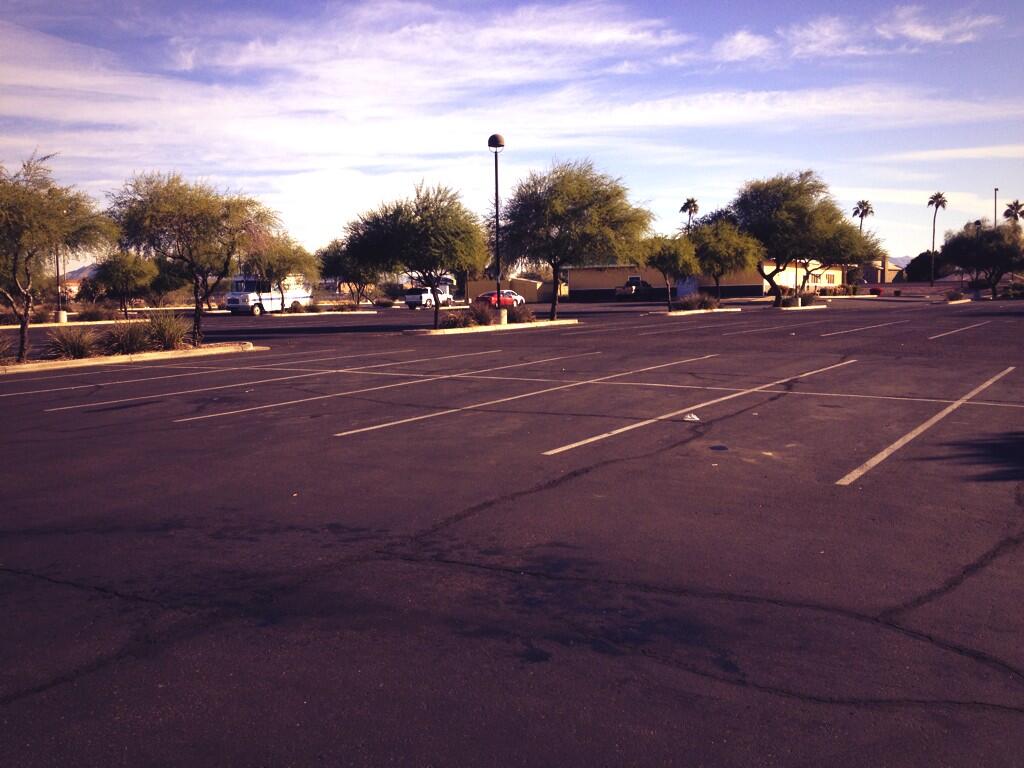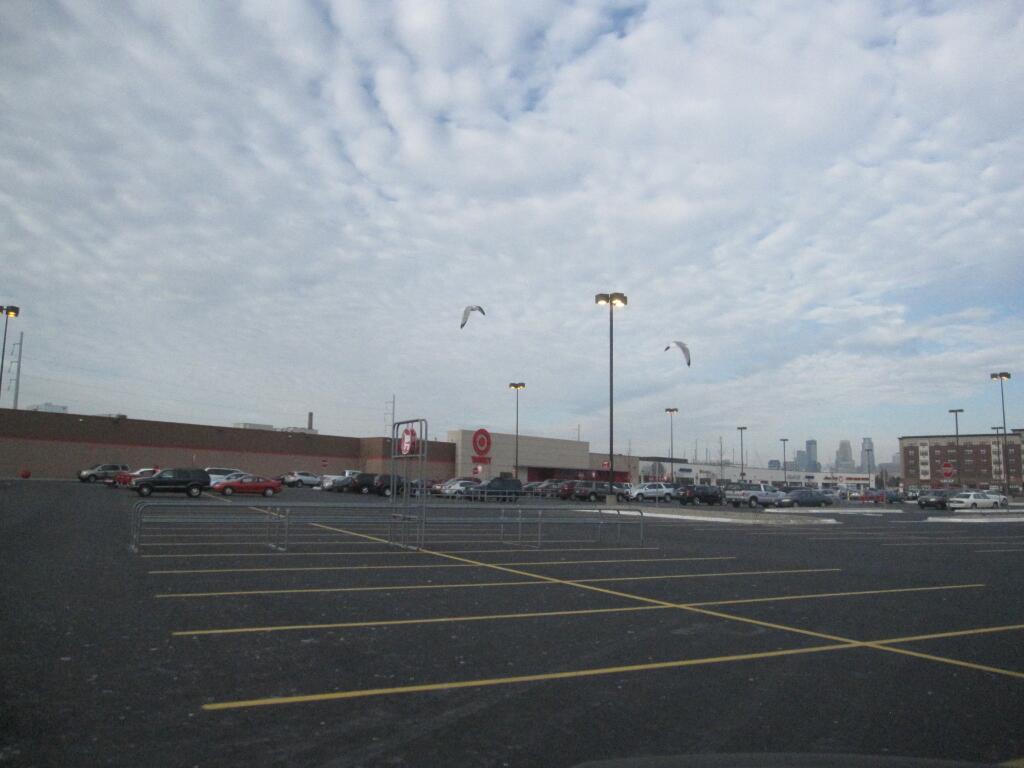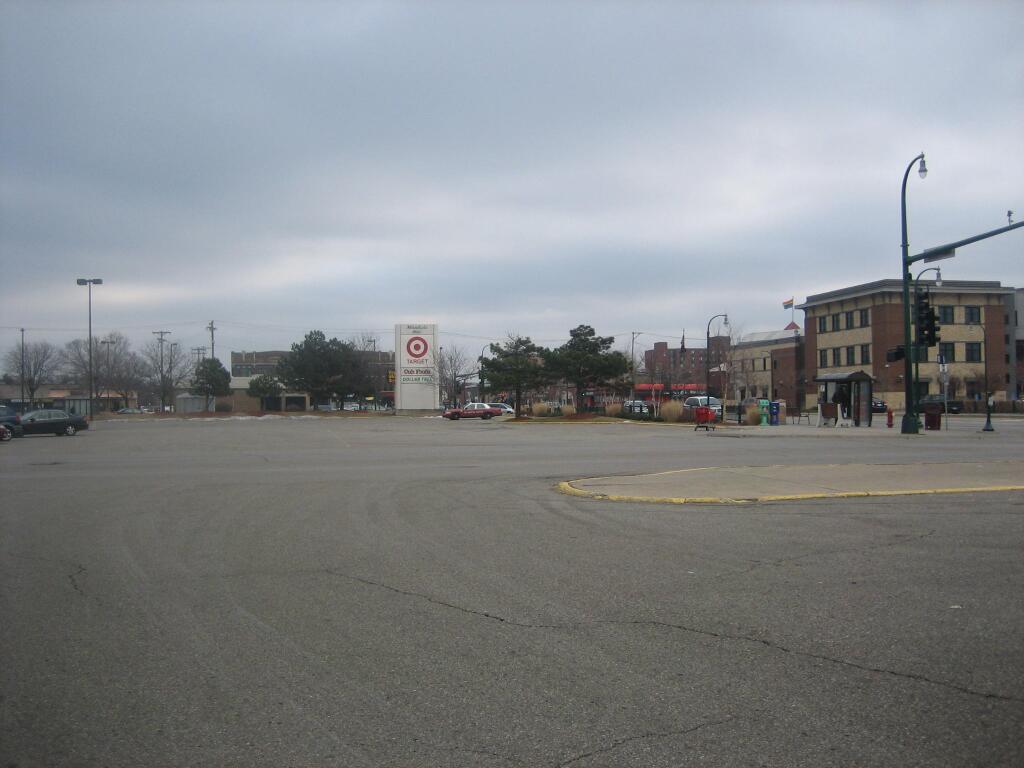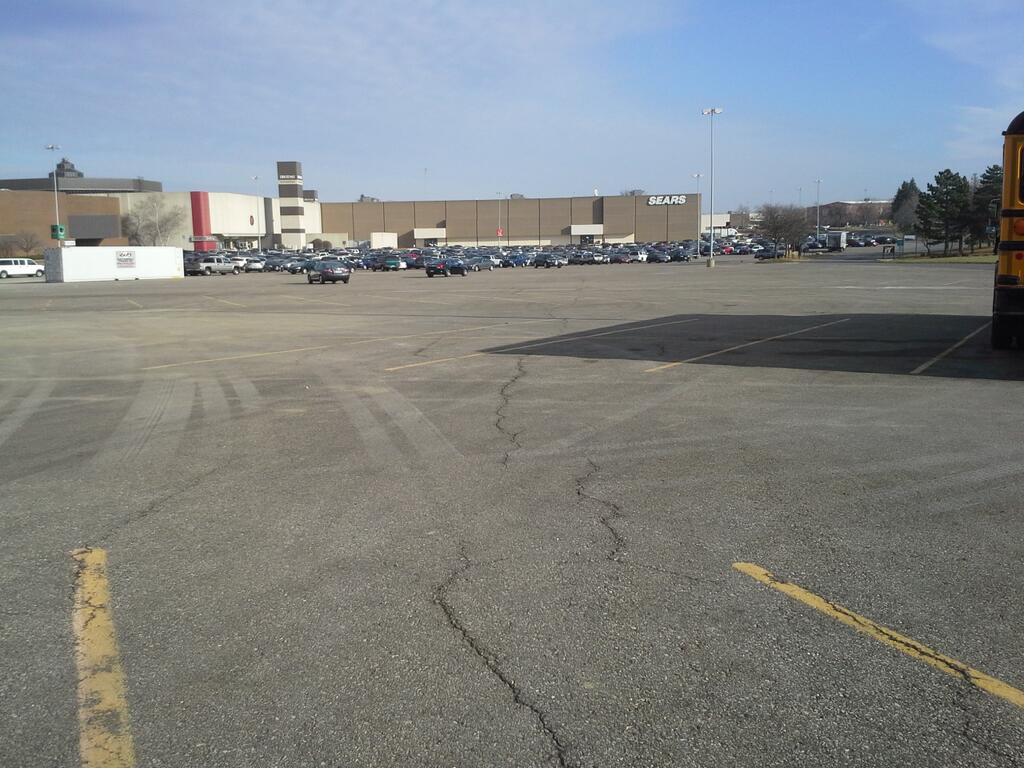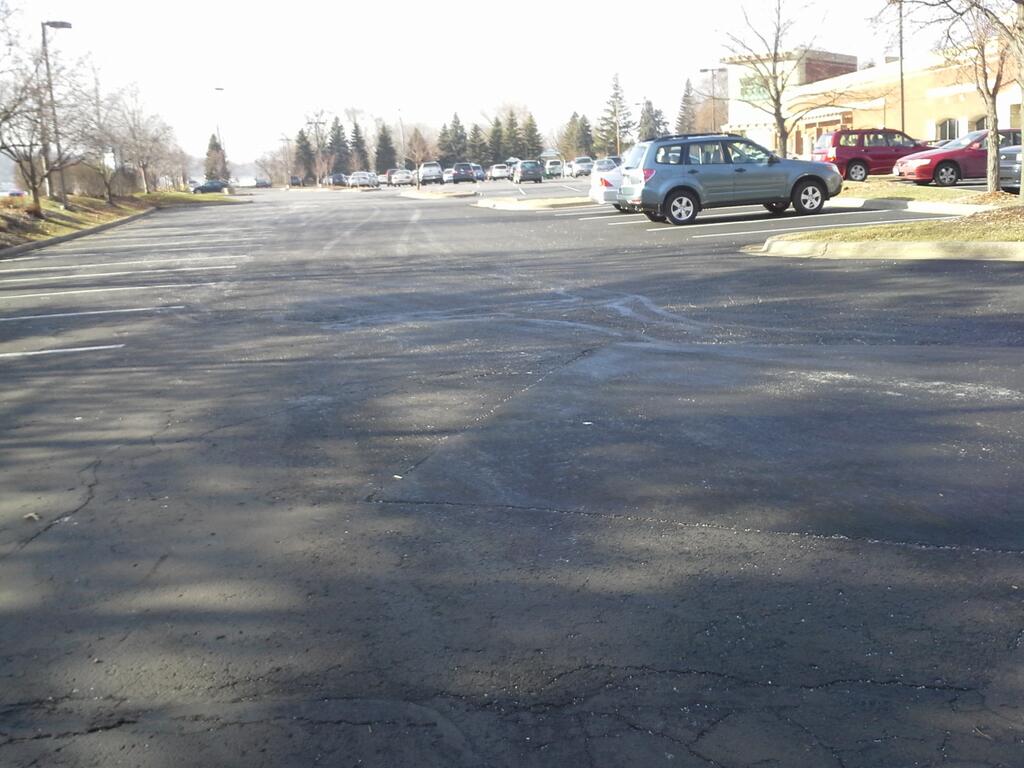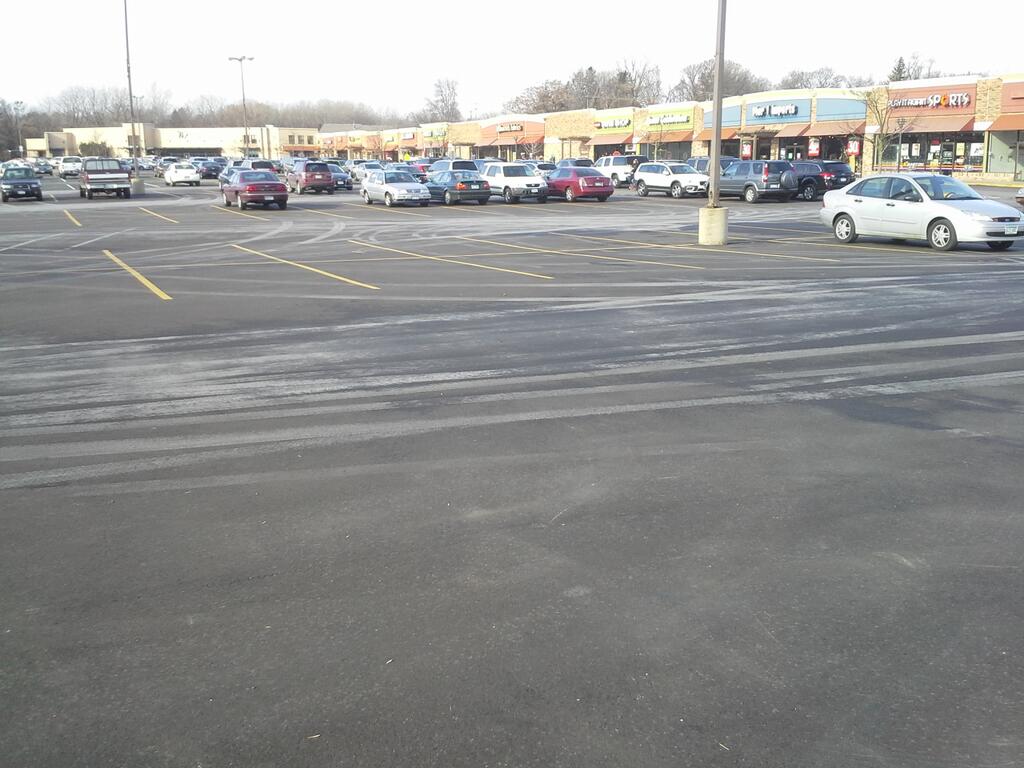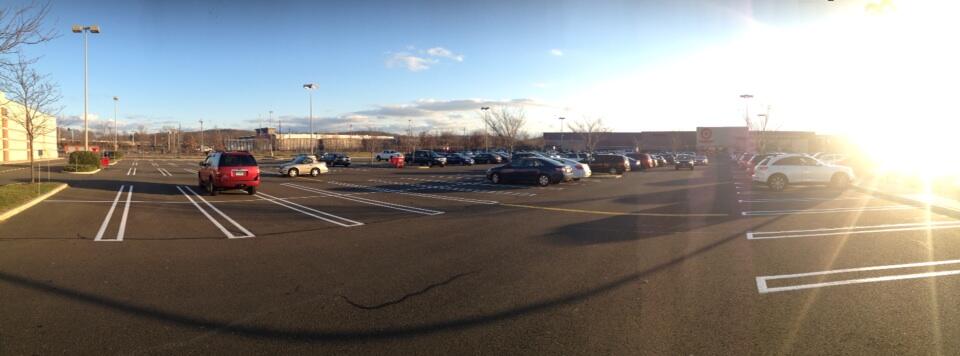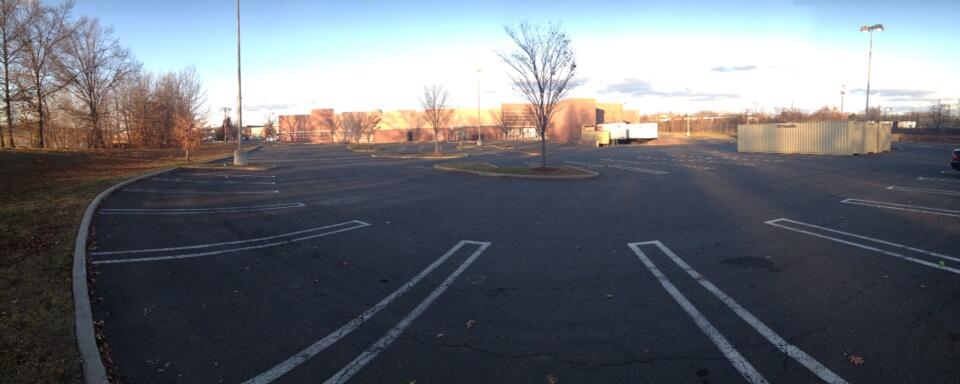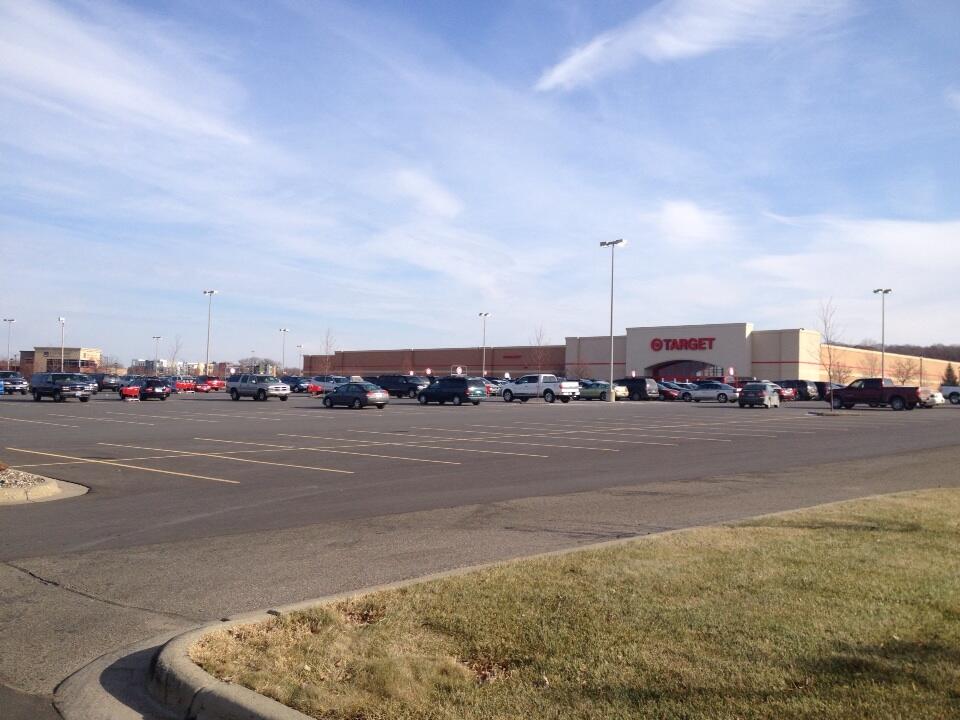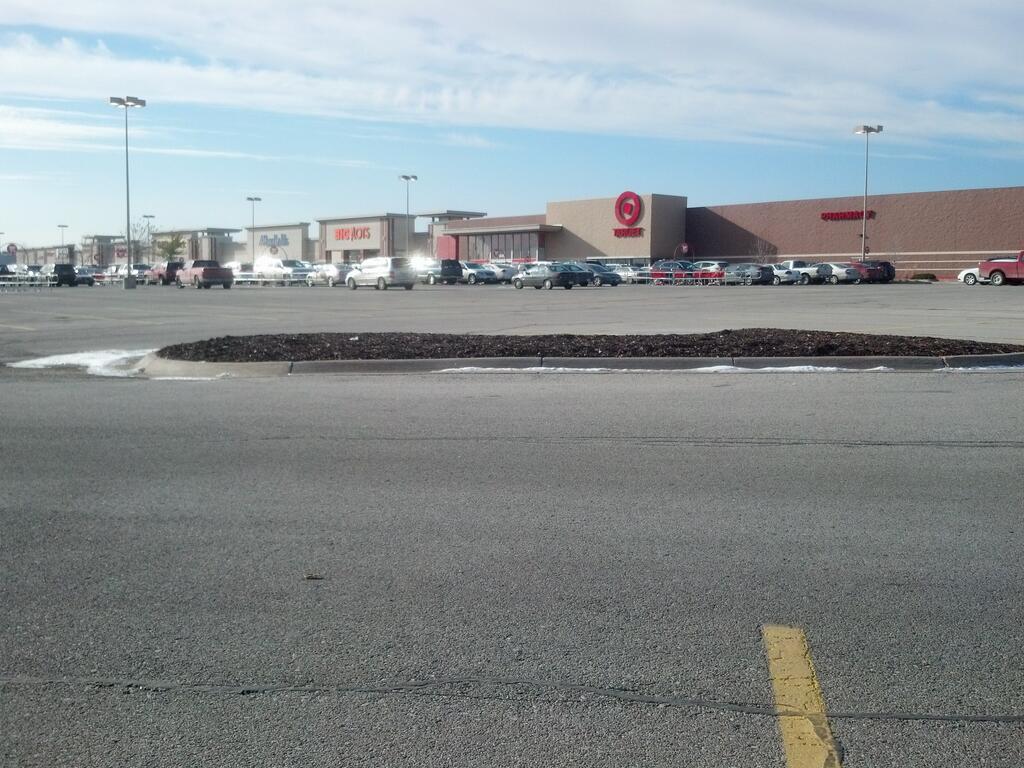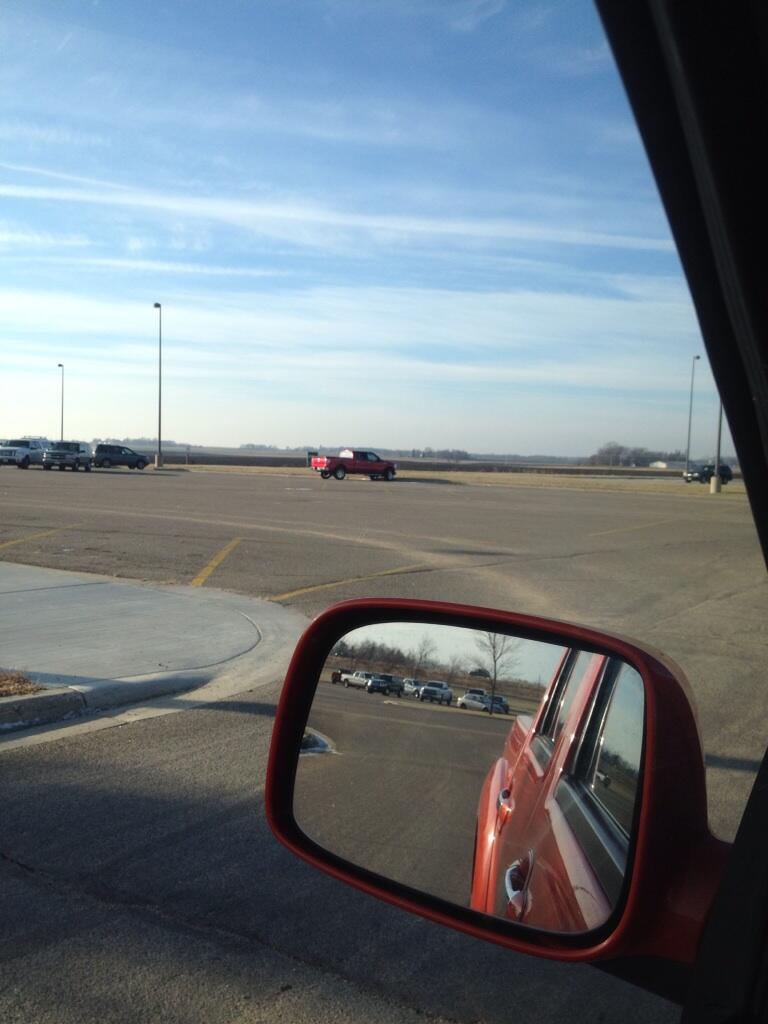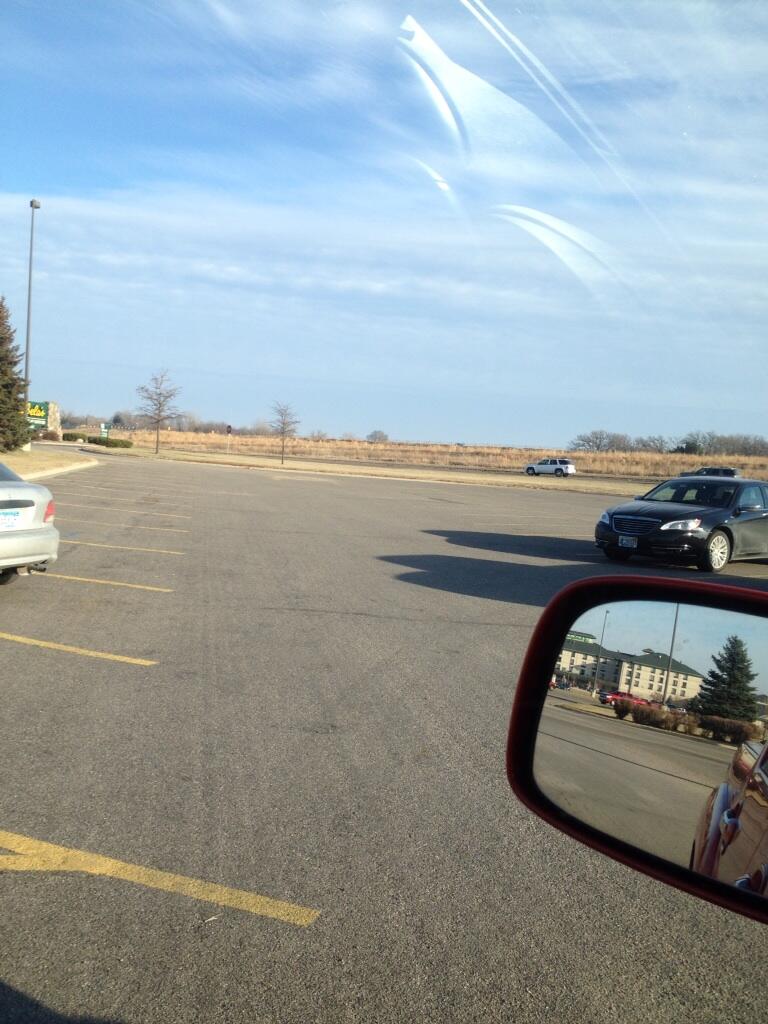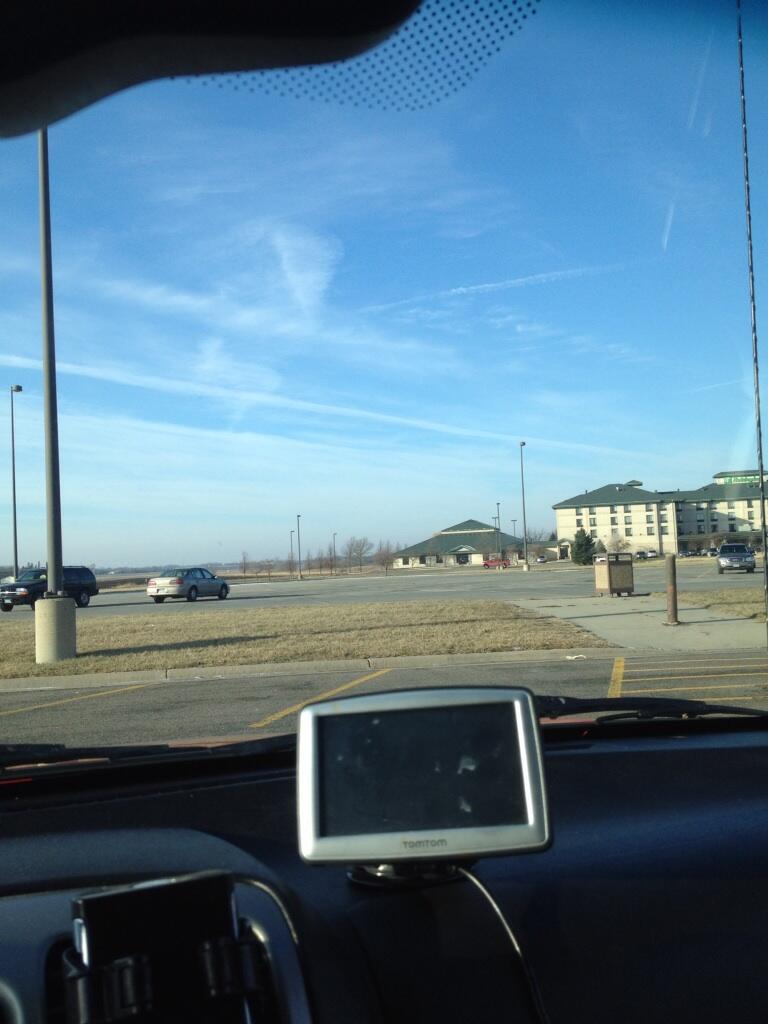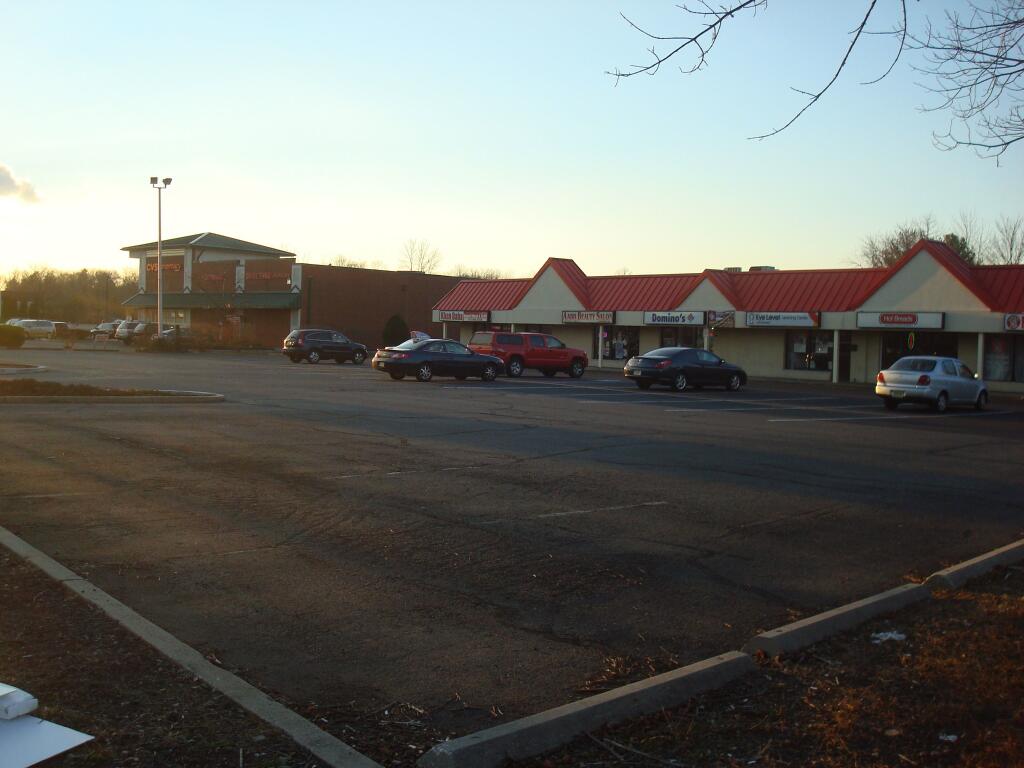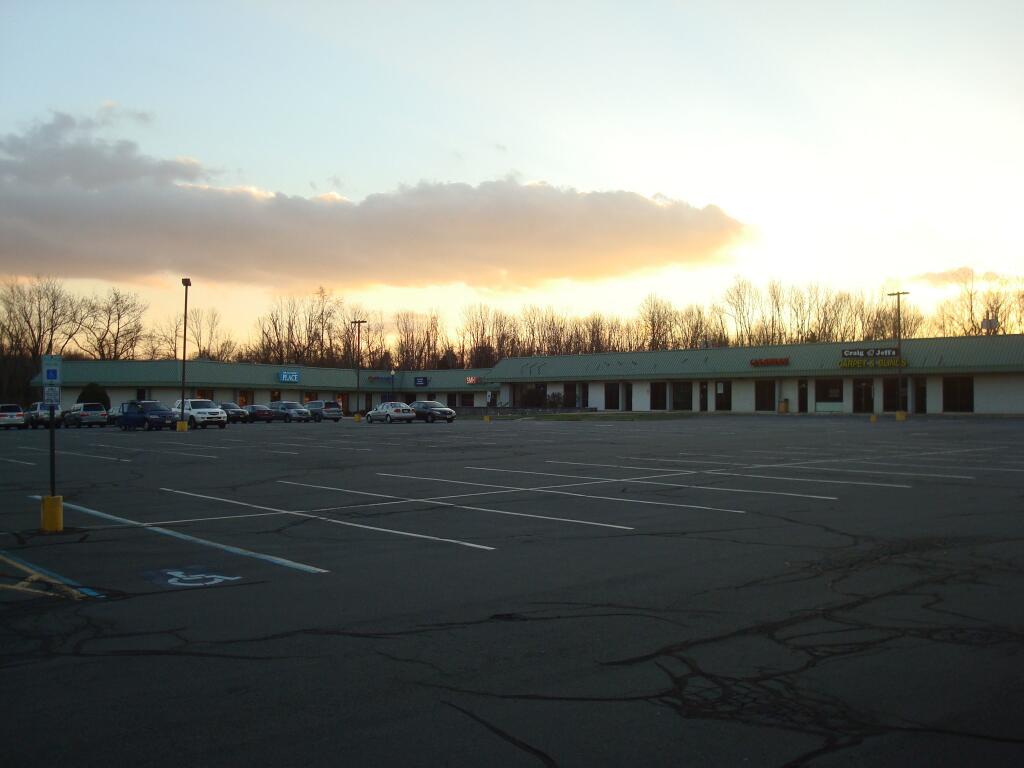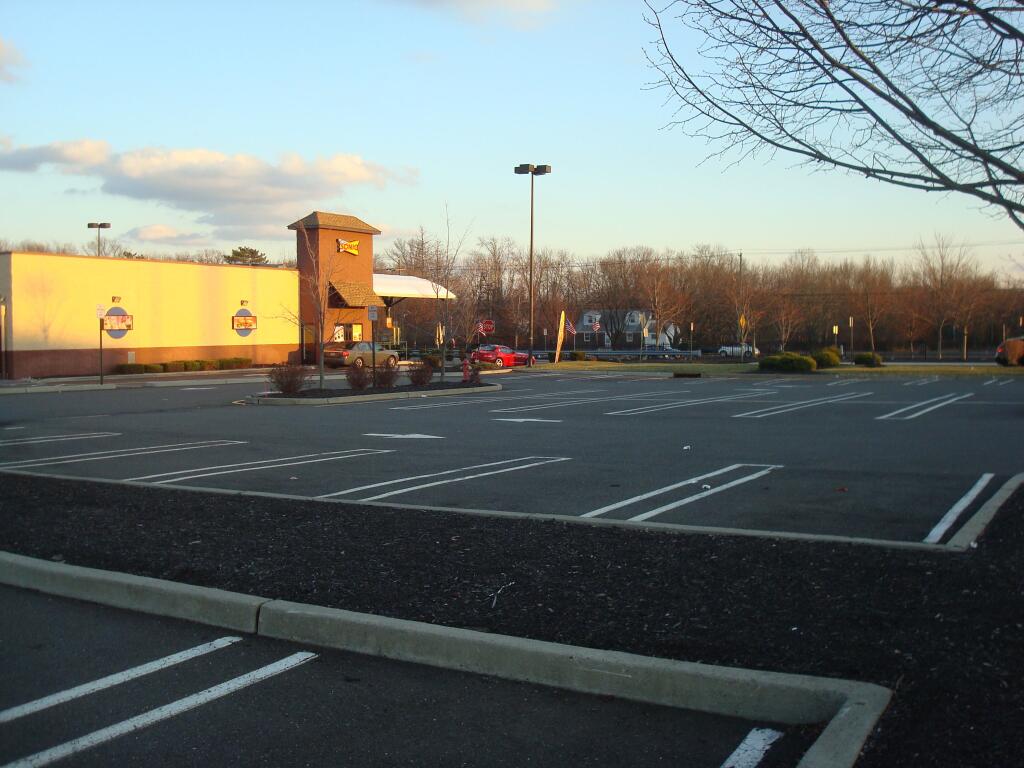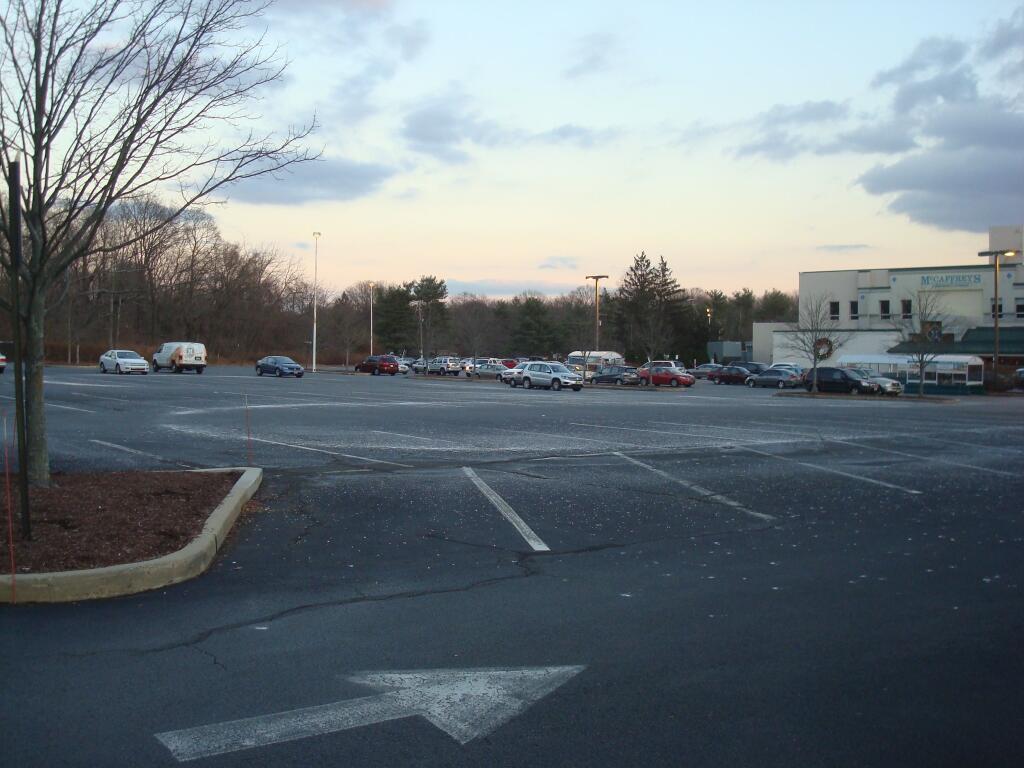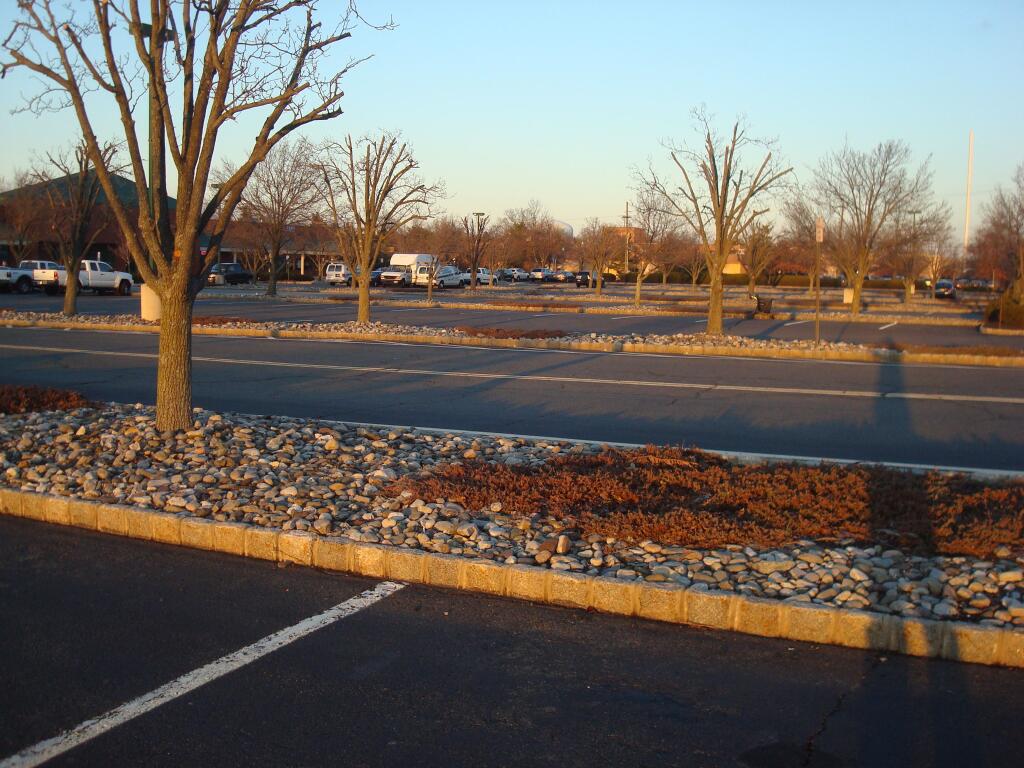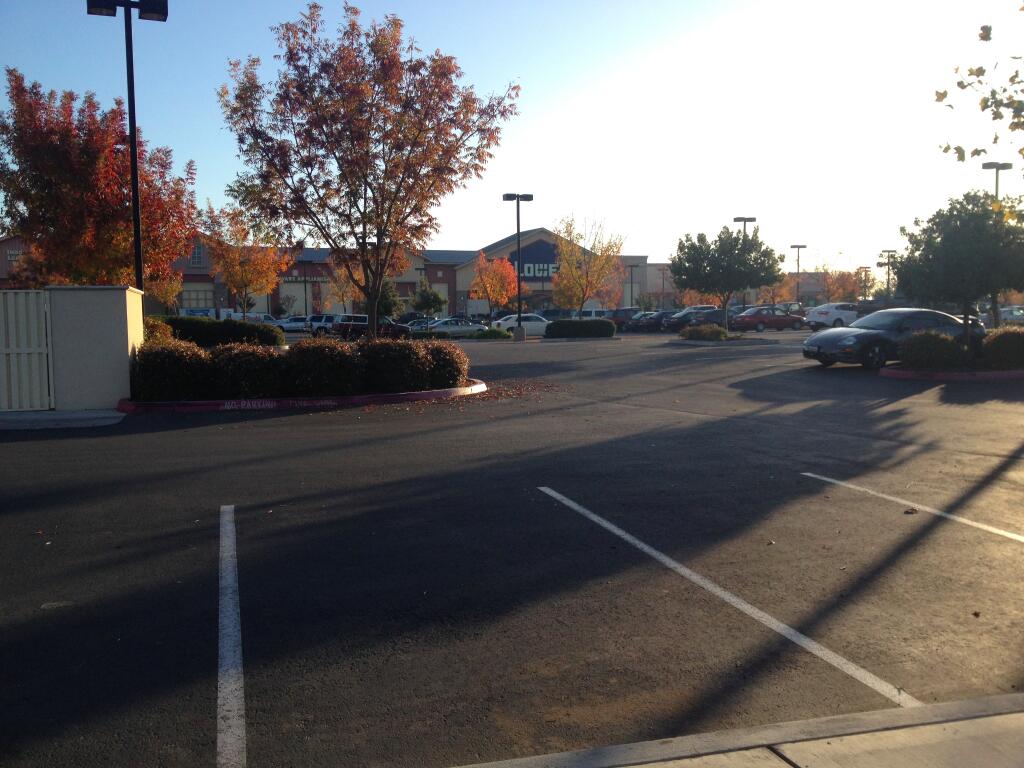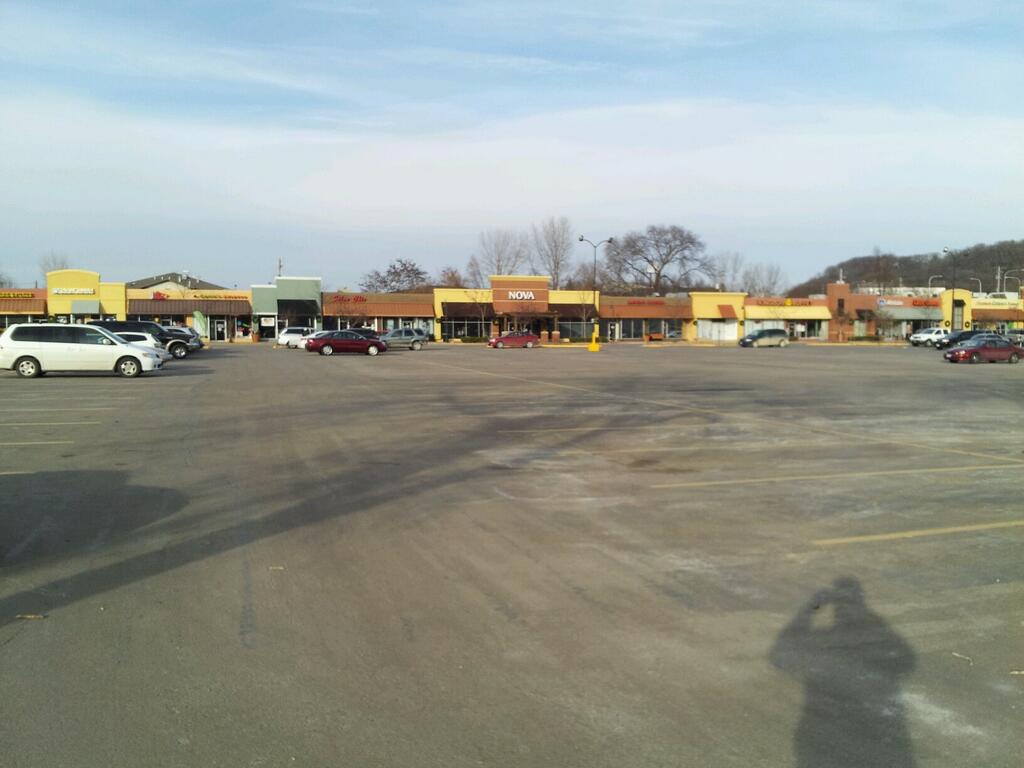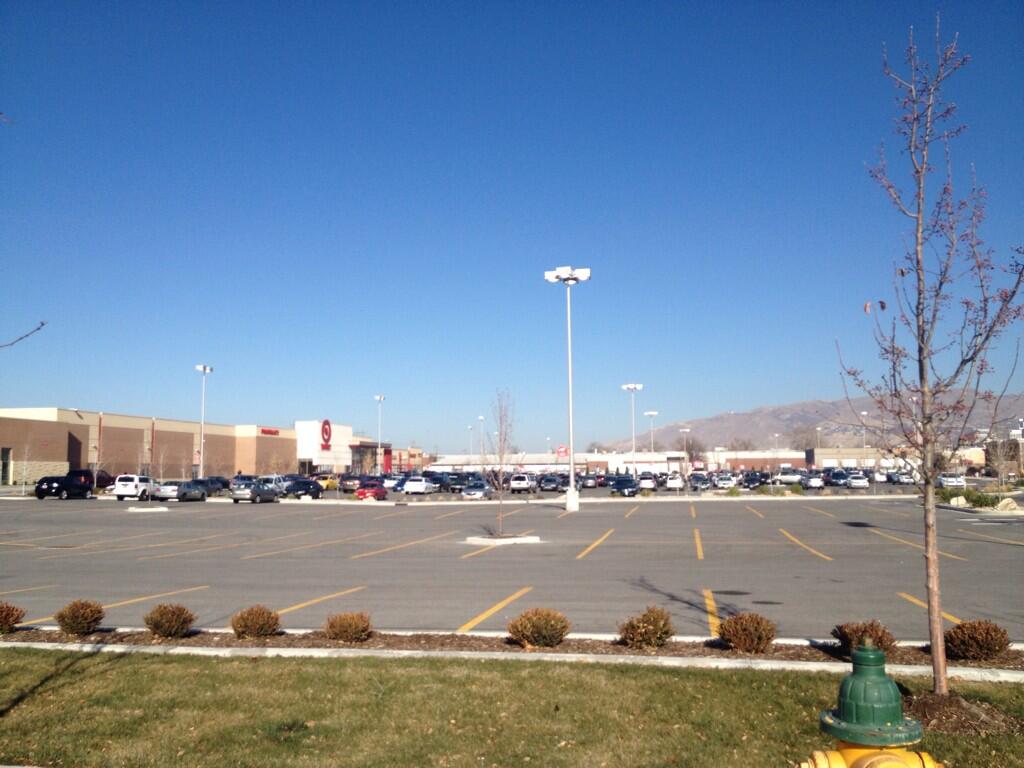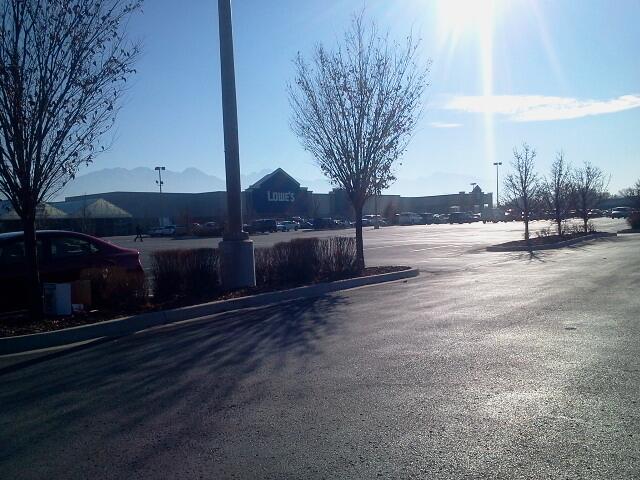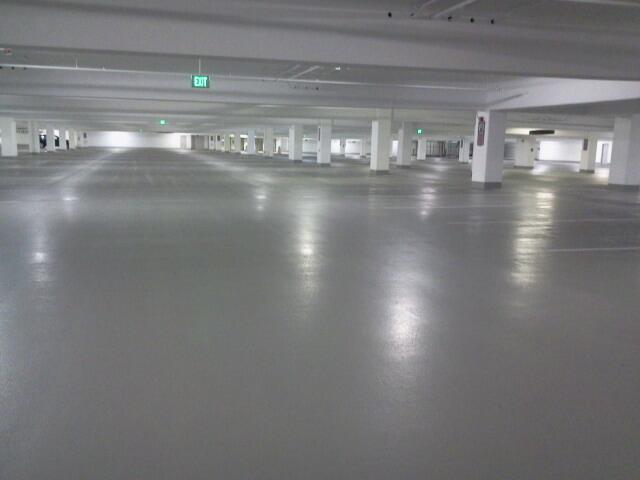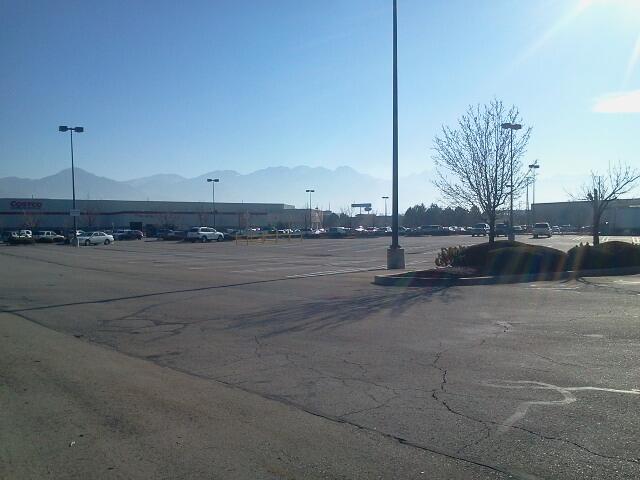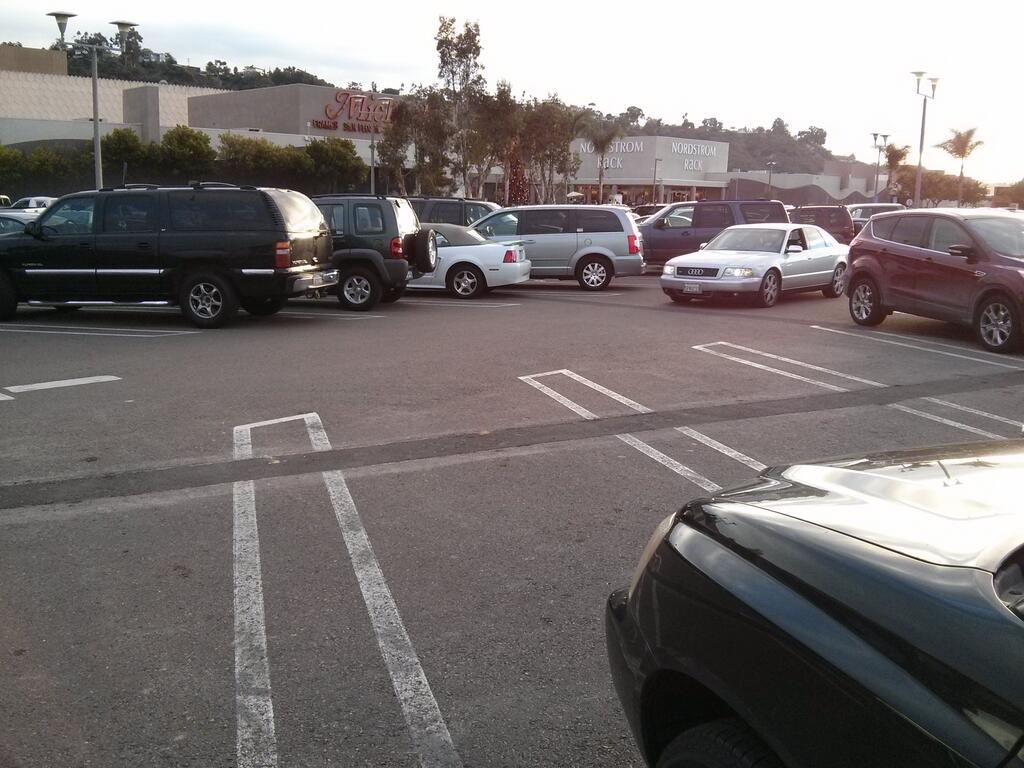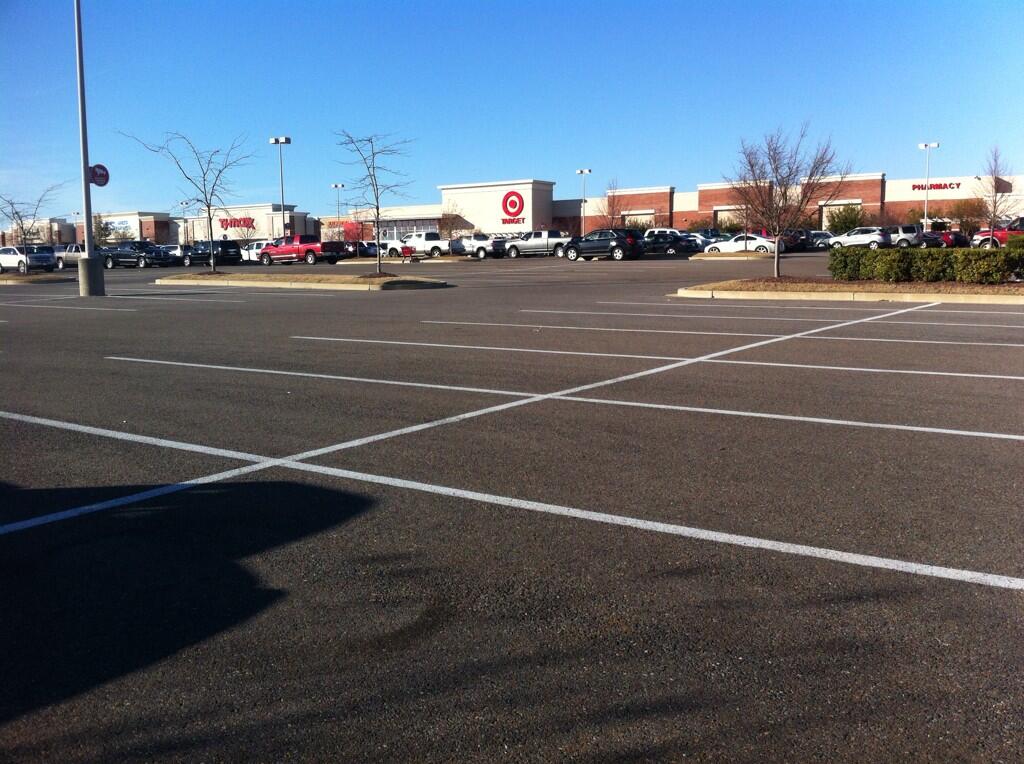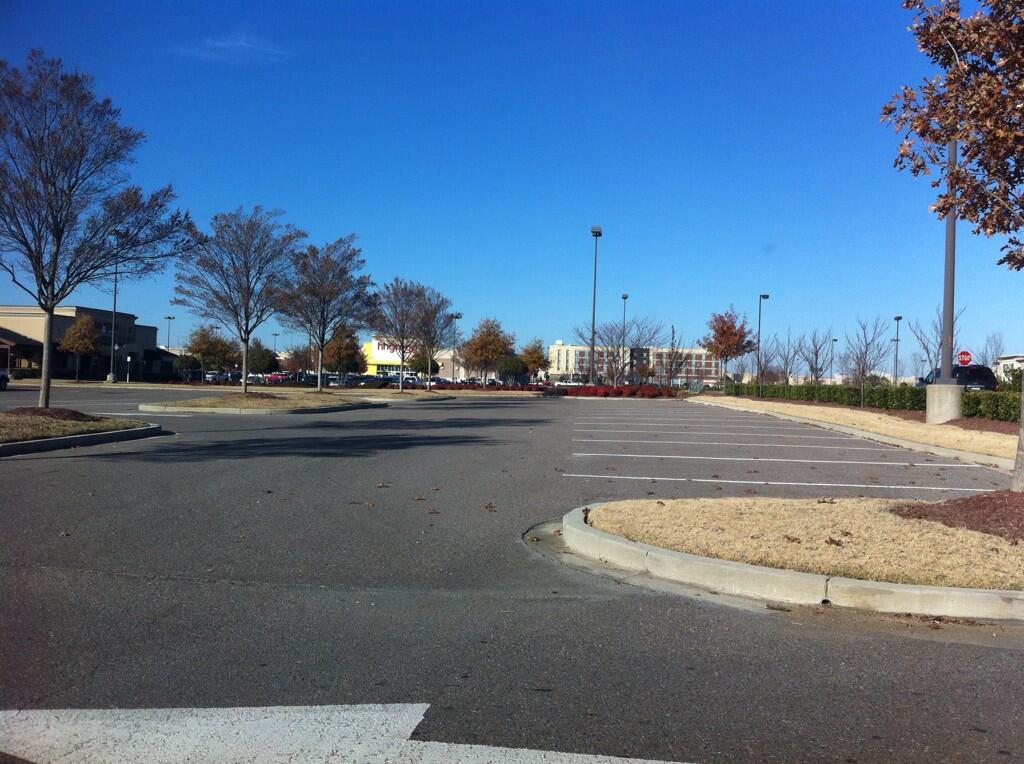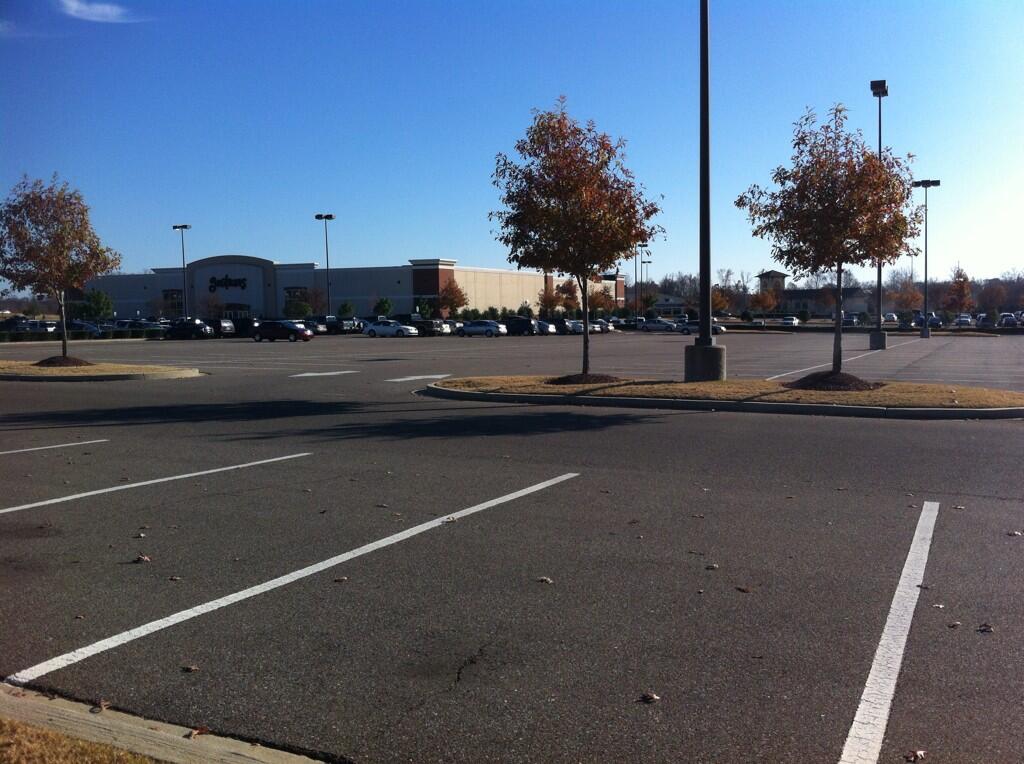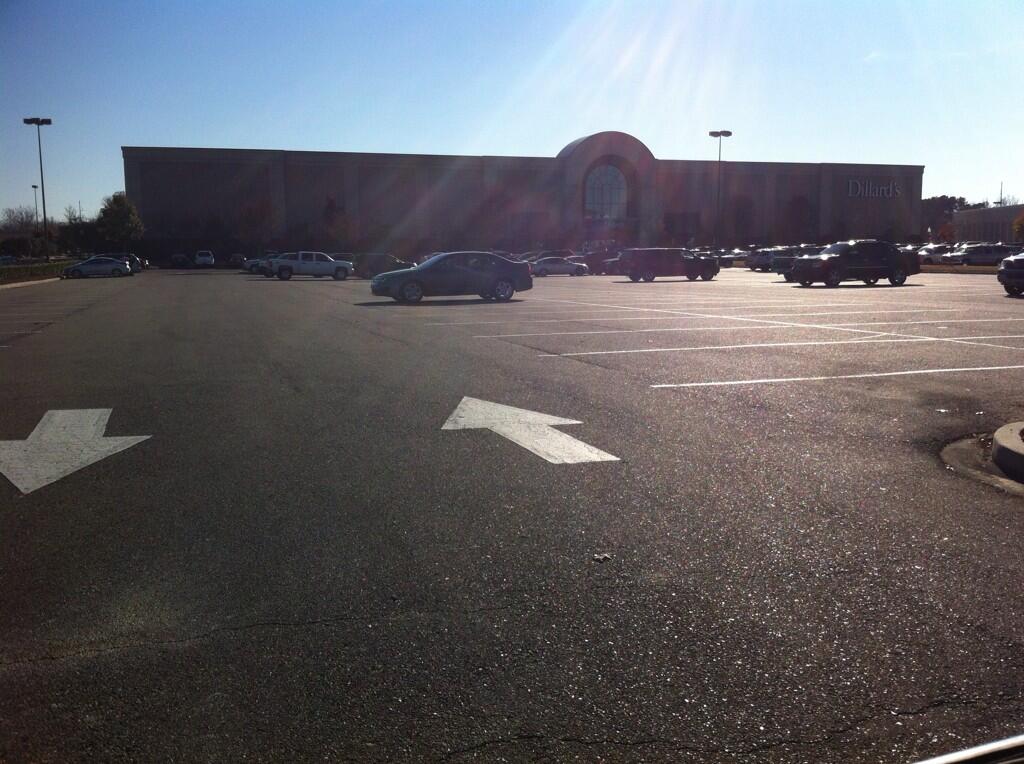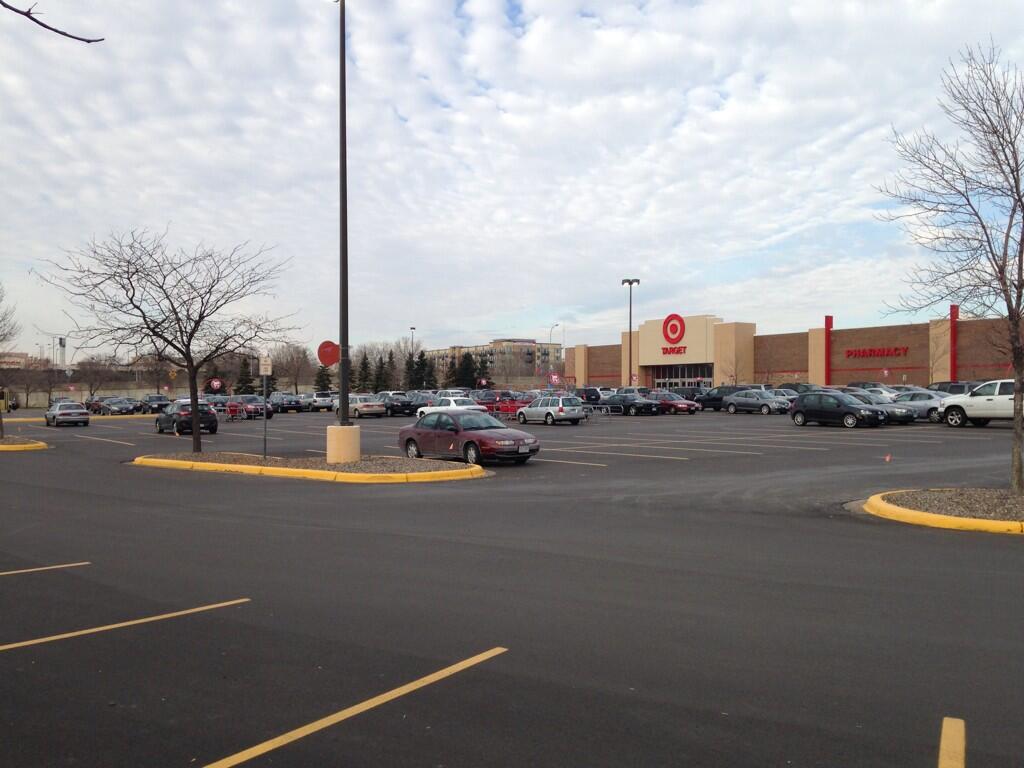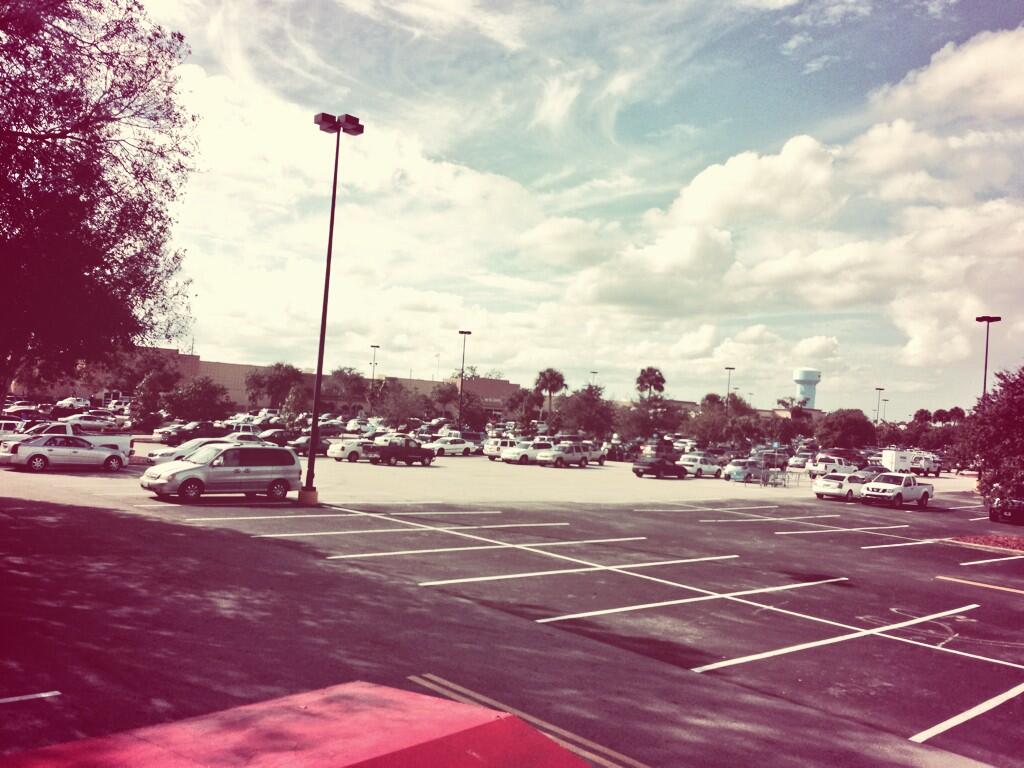The meaning of #BlackFridayParking
We're getting to the end of the year. This is our last week of new content before we switch into "best of" mode and then shut it down for 2013. If you have not yet taken the time to become a member of Strong Towns, please consider doing that now. And if you want to support our work with a tax deductible donation, you can do that here or contact Jim Kumon, our Executive Director, for a discussion about supporting the initiatives we have scheduled for 2014.
First, let me thank all of those people who participated in our #BlackFridayParking event. Absolutely amazing. We tracked pictures of unused parking lots from all over the country and shared them worldwide. The response was incredible. This needs to be an annual event until these ridiculous parking policies are rescinded.
My two favorite photos of the day were not from a parking lot, per se, but from vastly more expensive parking ramps. The first is from frequent contributor Alex Pline in Annapolis, MD.
The second was taken in Salt Lake City. Wonder what the return on investment for all this concrete is.
So why did we do this event? Michael Roden succinctly stated one of the main reasons.
Let's hope #BlackFridayParking convinces policy makers to start filling in overbuilt parking lots with useful, income generating development
— Michael Roden (@WalkBikeBusBlog) November 29, 2013
We literally can't afford all of this unproductive space. When you look at the Big K and Jimmy's Pizza we featured in last week's post, the major difference in the financial productivity of the properties is the amount of land devoted to parking. Storing cars is very expensive. The only thing more expensive is building parking spaces to store cars and then have them never be used. What a waste!
Can you imagine Wal-Mart building an entire row of their store and then leaving the shelves empty? It would be ridiculous. Why then do we simply accept that large swaths of their land would be built upon for a use (parking) that literally never happens? We accept it because that is the price of entry, the cost of complying with local regulations.
Which brings me to another great Tweet about the event.
#BlackFridayParking provides welcome accountability for minimum parking requirements. No penalty for regulators who get it wrong.
— Evan Roberts (@evanrobertsnz) November 30, 2013
There is no penalty for the local planner zoner that mindlessly copies a parking regulation from somewhere else, applies it dogmatically to their community and then uses their position of power to justify it after-the-fact with pithy statements like, "Well, the day after Thanksgiving...." That bureaucrat pays no price but the costs to society are enormous.
For small businesses -- especially a startup -- providing parking is a huge, expensive burden. When the parking required is excessive to the actual needs of the business, a local government is forcing that business owner to allocate scarce capital to unproductive uses. If you are pro- small business, you are anti- parking minimums.
Do you think Wal-Mart opposes parking minimums? They may on an individual site here or there, but in general, parking minimums are one of their best advantages. They simultaneously raise the cost of entry for competitors while further tilting the marketplace in favor of businesses catering to people who drive (a segment Wal-Mart dominates). It is a self-reinforcing, downward cycle. If you are pro-biking, pro-walking or pro- transit, you are anti- parking minimums.
And parking minimums force some of the most ridiculous land use decisions I have ever seen. An individual wants to take a vacant storefront and open a business but then city hall tells them they need five parking spots. Where do they get that? Well they either don't (likely) or they buy a neighboring property, tear down whatever is on that lot and convert it to financially unproductive parking. This decimiates the tax base when it happens and encourages horizontal expansion when it doesn't. If you are pro- environment or if you advocate for a strong, healthy tax base, you are anti- parking minimums.
So who is pro- parking minimums? Many planners zoners, large corporations, asphalt companies and people driving around looking for a parking spot. For them the not-so-old adage holds: you can never have enough parking.
Here's the great thing: the solution to this problem is really, really easy. All a city needs to do is repeal their parking minimums. If you want to stop this ridiculous waste of resources, support small businesses, encourage reuse of existing properties, limit environmental degradation and make your city financially stronger, just repeal your minimum parking requirement. No lawyer or expensive consultant is necessary.
But Chuck...what about that day after Thanksgiving? What if the parking lot fills up and people can't find a place to park? What if they (gasp) park on the street? What if they start parking in the ditch? We would have to ticket them...or even tow them....what a horror. Isn't just easier to require a ton of parking?
And what if the neighboring city has lots of excess parking and all we have are parking lots full of cars? Won't everybody just go there? (Yeah, it often does feel like Yogi Berra's insights have inspired the design of our cities.)
If you want to build a strong town, get rid of your parking minimums. Any chaos that ensues will be healthier for your city than the acres of unproductive, wasted space we have justified with a veneer of professional expertise.
And as for that professional expertise....
I'm back from weeks on the road and so I'm going to be spending more time than usual getting caught at the Strong Towns Network this week. You can join me, our friend Joe Minicozzi and many others there for more discussion on this approach and whatever you bring to the table.
It's that time of year as well, so if you want a present for that conscientious person in your life, check out my book, Thoughts on Building Strong Towns (Volume 1). It is a primer on the Strong Towns movement and an essential read for those wanting to get up to speed quickly.
Update
on 2013-12-05 20:06 by Charles Marohn
Some follow up coverage of #BlackFridayParking from around blog world....
- Our friend Ron Beltier, now an elected public official, took some pictures and shared them on his blog along with some local analysis.
- Another Pennsylvania-based blogger, Scott Alderfer, did likewise on his blog Stream Hugger.
- And Angie Schmitt from the StreetsBLOG network put together her own analysis and used some of the #BlackFridayParking submissions.
- Planetizen has also chimed in. Many thanks for that.
- Bacon's Rebellion has now also weighed in and included some good commentary of his own.
- A good piece of analysis from the Utah-based blog About Town. Yes, we have an obscene amount of parking.
- The site Reinventing Parking (great focus for a blog) also found #BlackFridayParking right in their wheelhouse. I appreciate the kind attributions and how they pulled it all together.


